Laboratories - Civil Engineering
Laboratories – Civil Engineering
The department of Civil engineering, Indus university provides a platform to the students and faculties to boost up their technical intellect and pursuits in all the domains of Civil Engineering such as Engineering Geology, Soil Mechanics & Foundation Engineering, Transportation Engineering , Concrete Technology, Environmental Engineering and Earthquake Engineering. It also aims to provide an extra edge apart from academics so as to provide research temperament.
Engineering Geology Laboratory
Engineering Geology Laboratory helps in identifying the engineering behavior of geomaterials (soils and rocks) and by products such as fly ash etc. There are different physical, chemical and geotechnical properties determined in the laboratory that is required for identifying the geo-materials. This information is used by geotechnical engineer for designing the type of foundations, earthworks such as dams, embankments, tunnels, reservoirs, pavement sub grades , and specialized applications like waste containment systems. The preciseness of such design is entirely based on the experimental information obtained from a geotechnical laboratory.
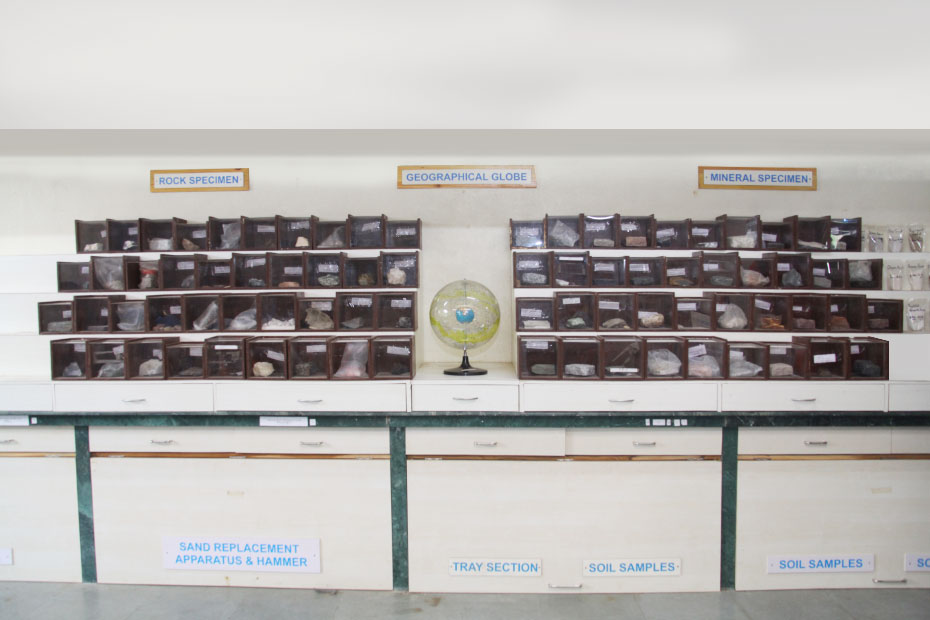
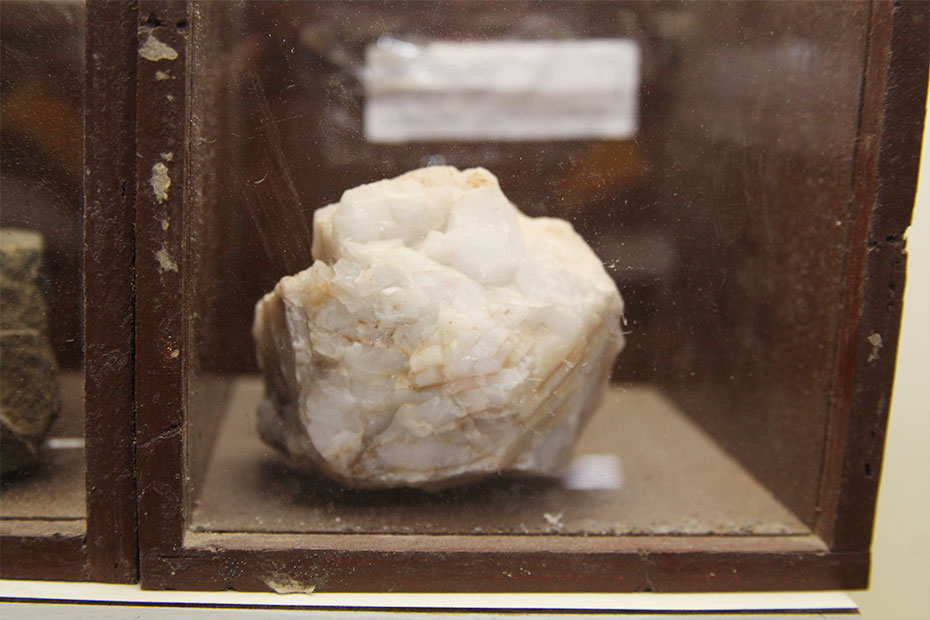
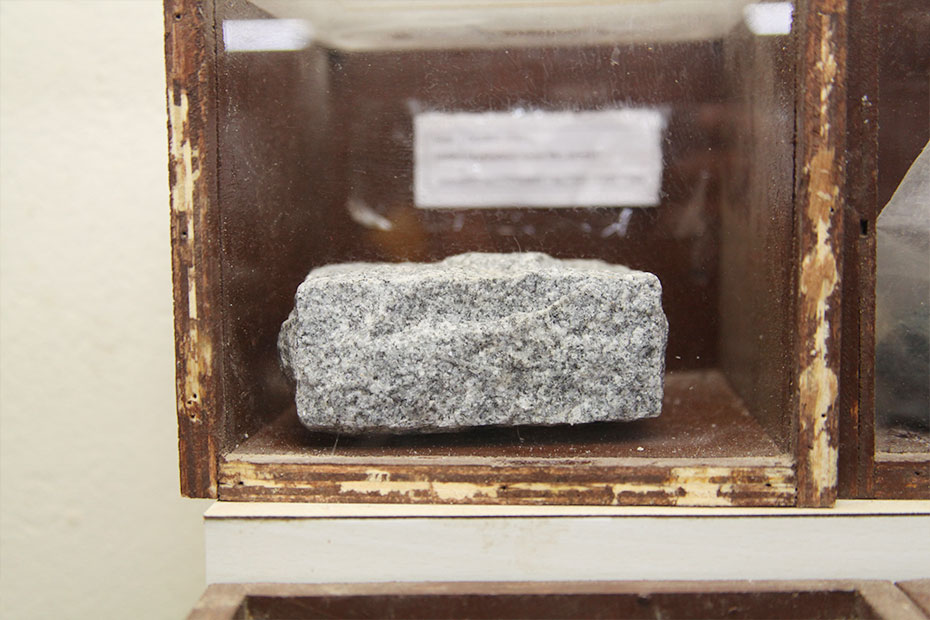
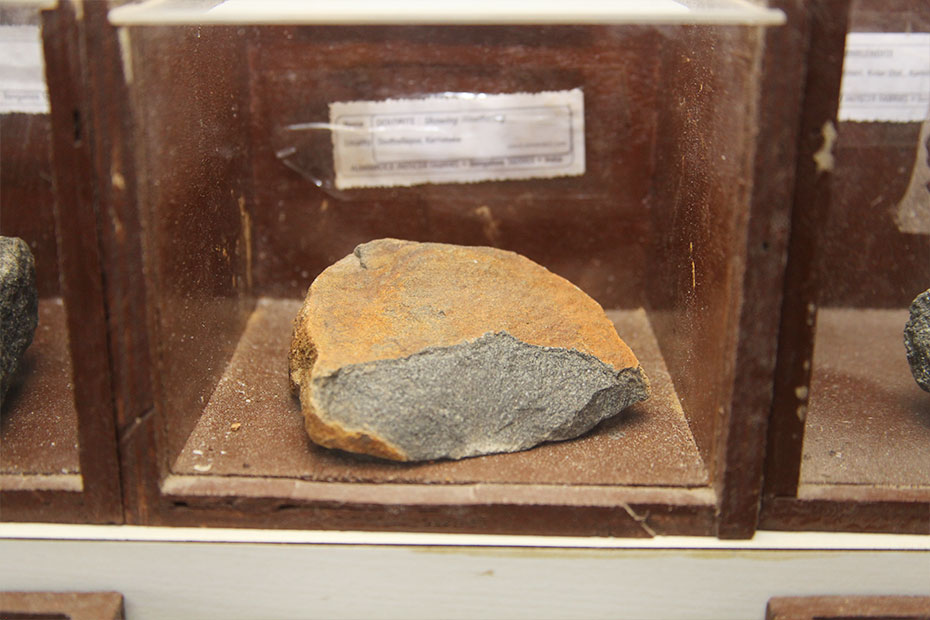
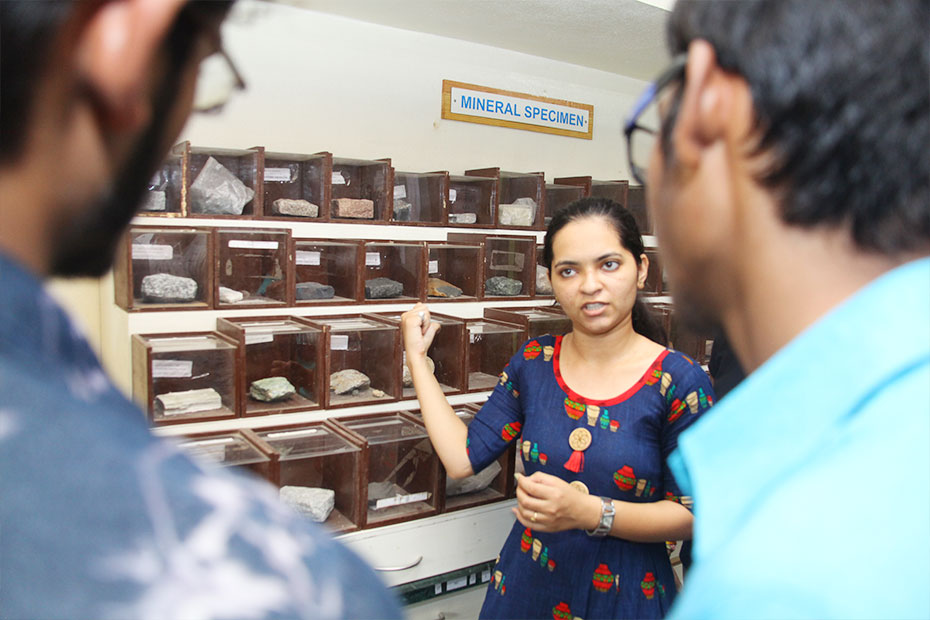
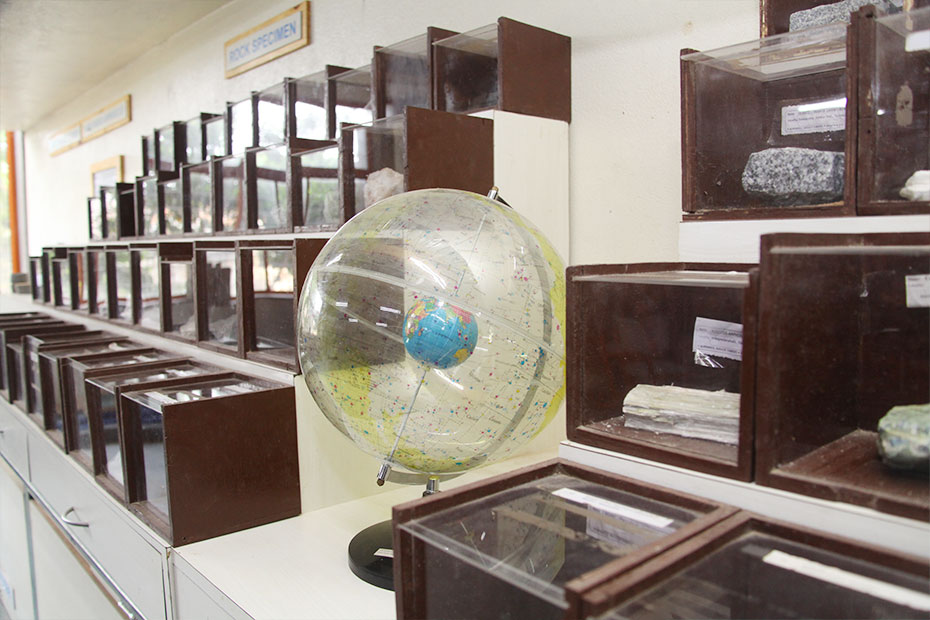
Soil Mechanics & Foundation Engineering Laboratory
The laboratory is equipped to perform all the necessary basic characterization of soils, rocks along with several advanced testing facilities. The vision of this division is to utilize the state-of-the art knowledge for solving problems related to subsurface. It includes:
- Soil mechanics, which is essential to identify, characterize and study the mechanics of soil/rock.
- Applied soil mechanics, which transfers the behavioral knowledge to practice.
This includes investigating existing subsurface conditions and materials; determining their engineering behavior that are relevant to the project considered, assessing risks posed by site conditions; designing earthworks and foundations.
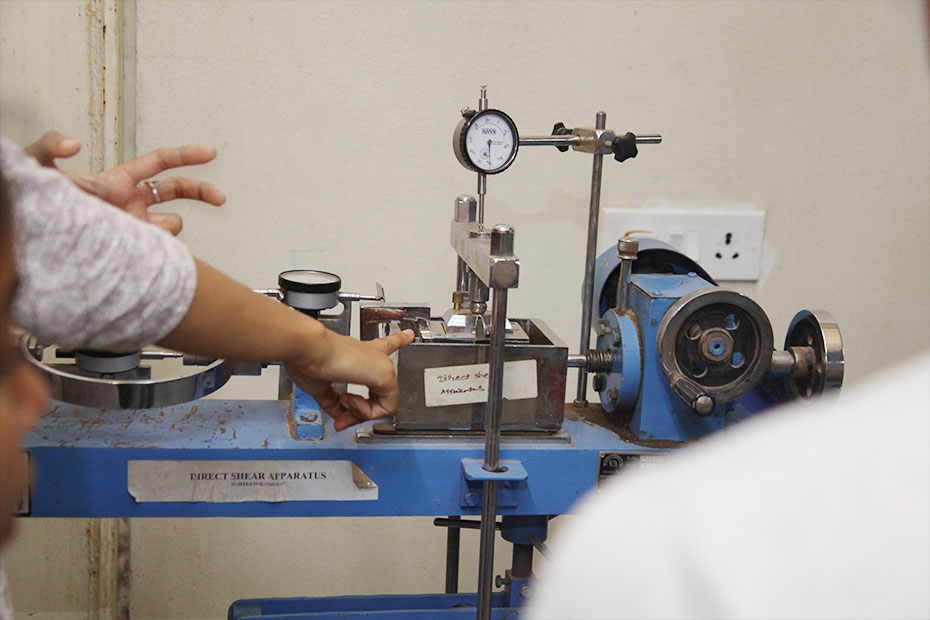
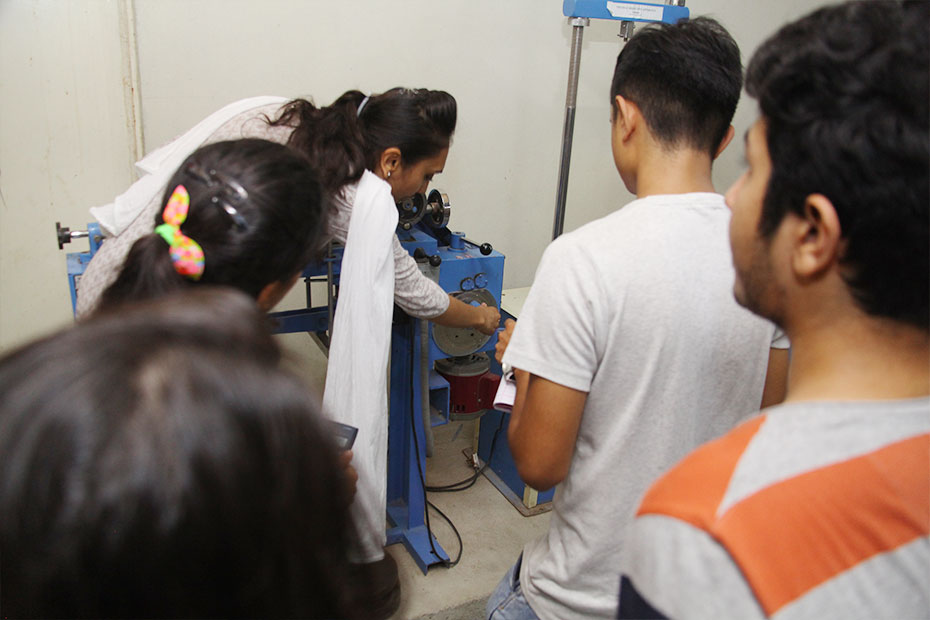
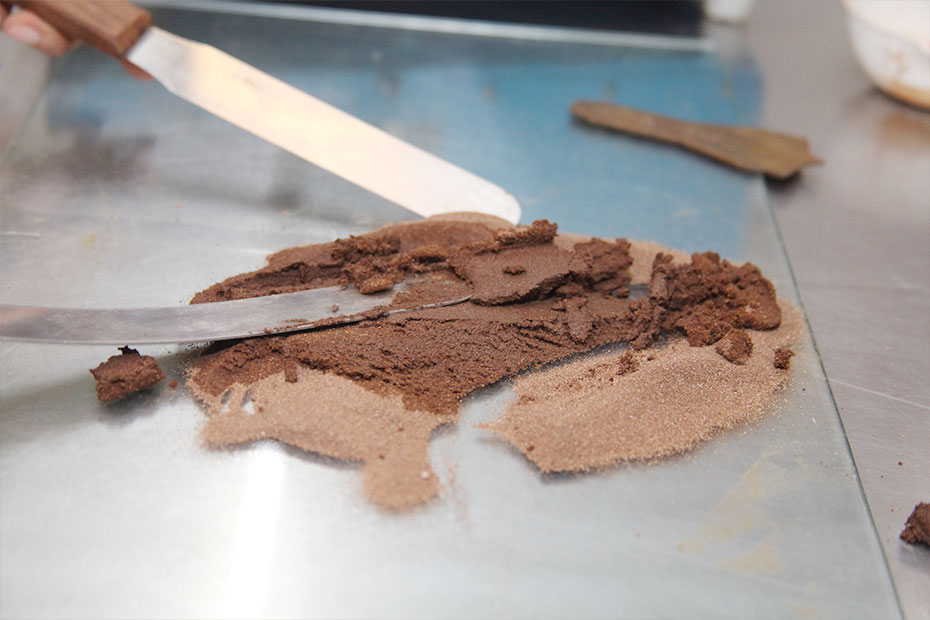
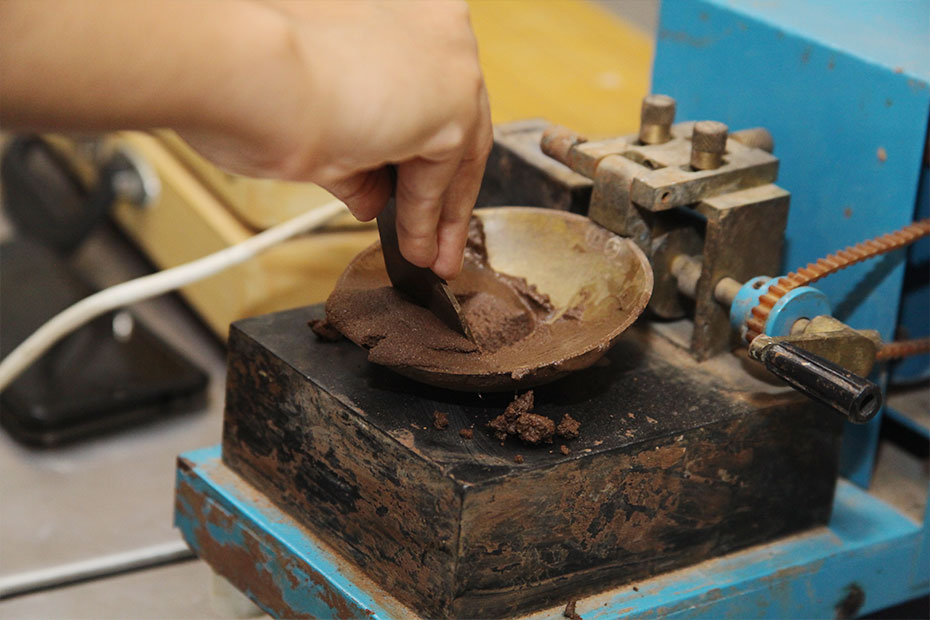
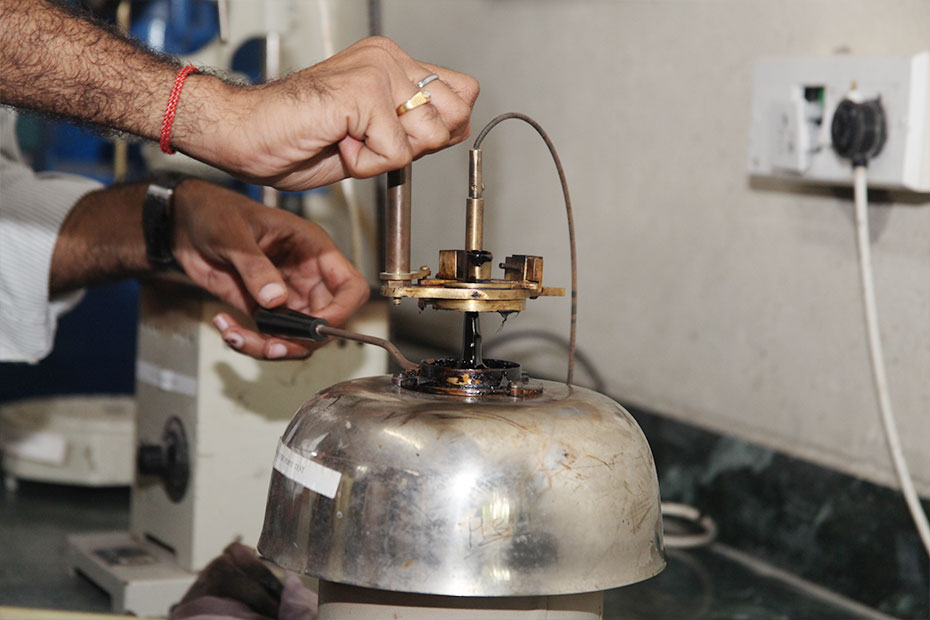
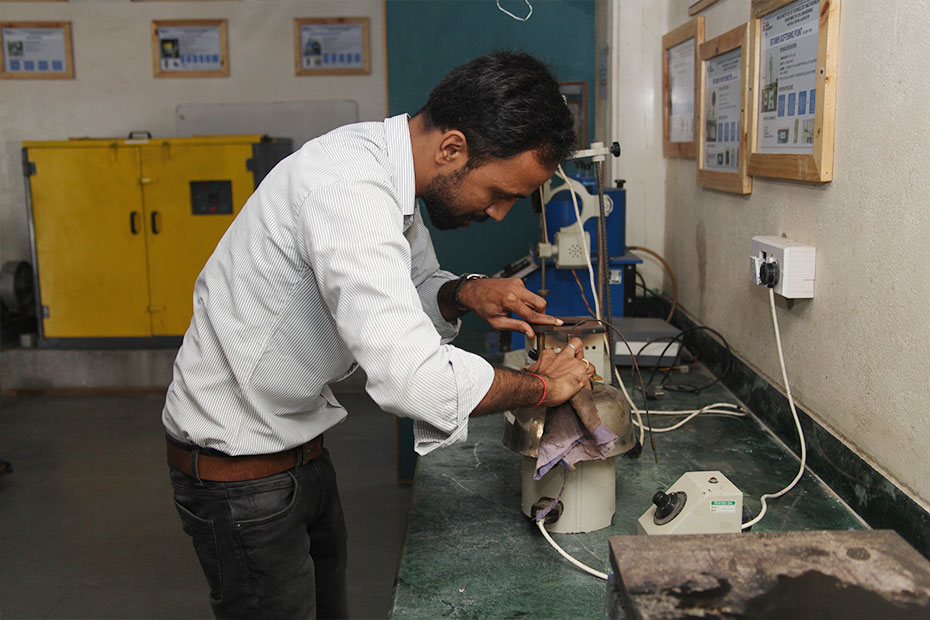
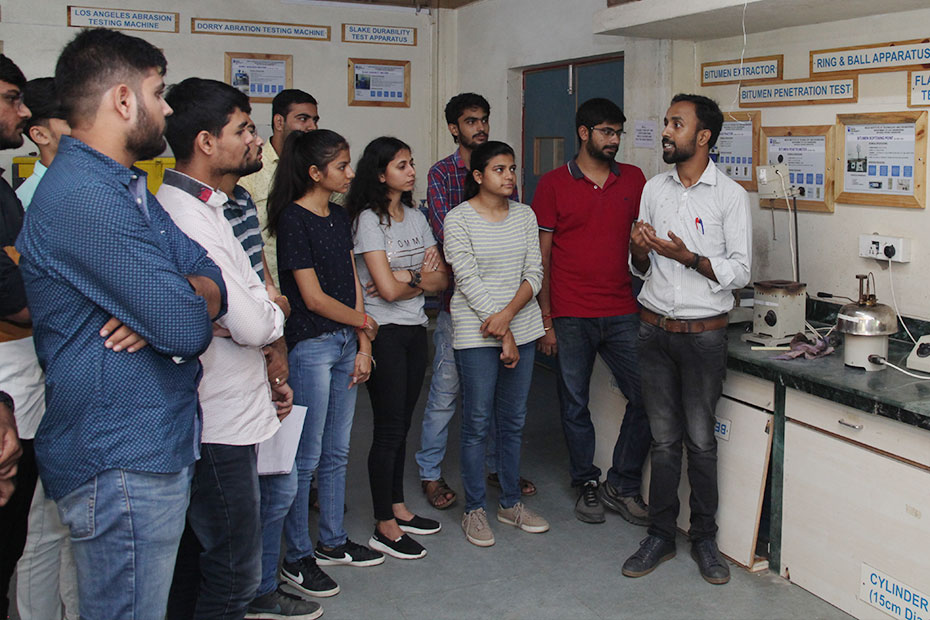
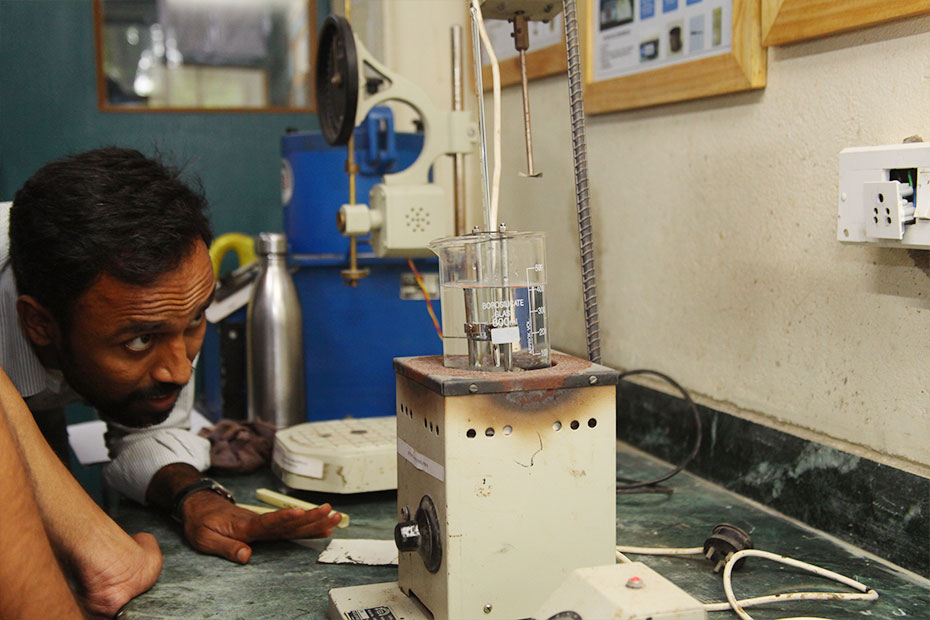
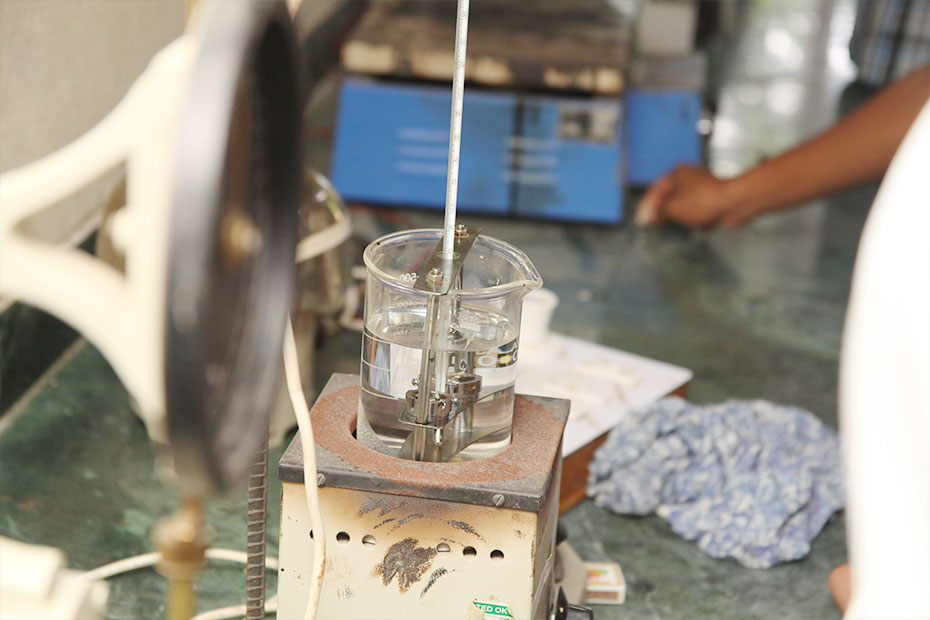
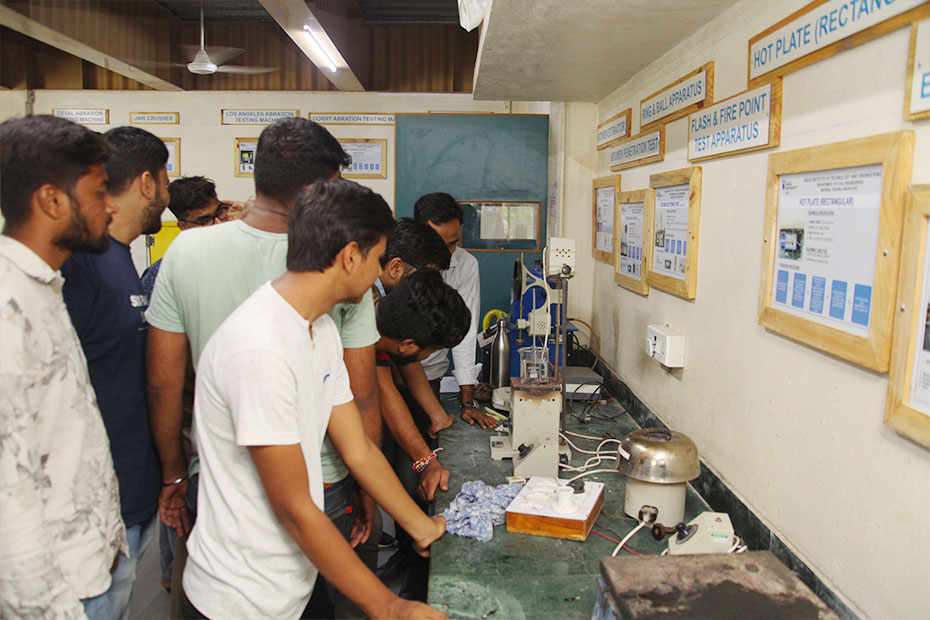
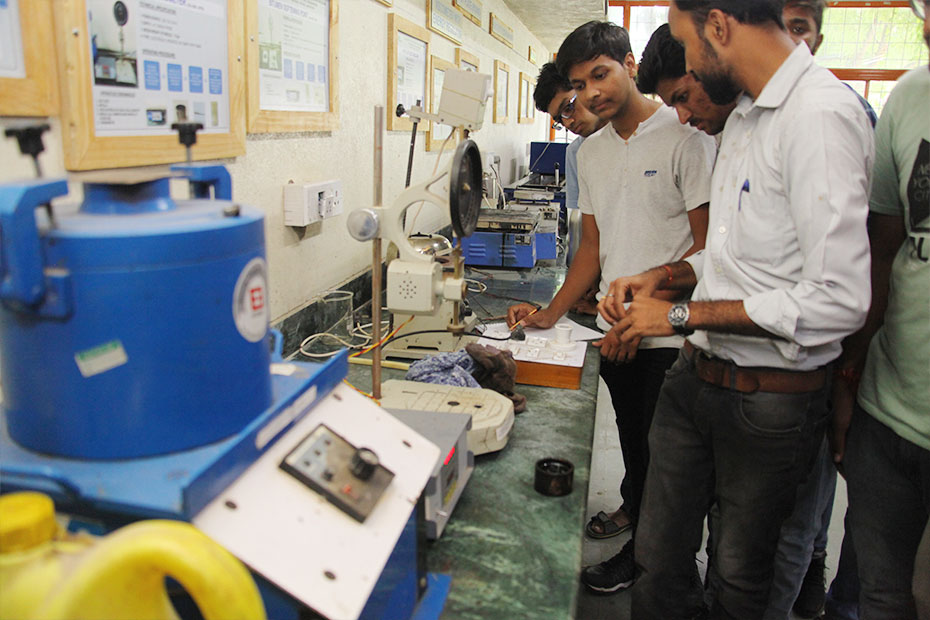
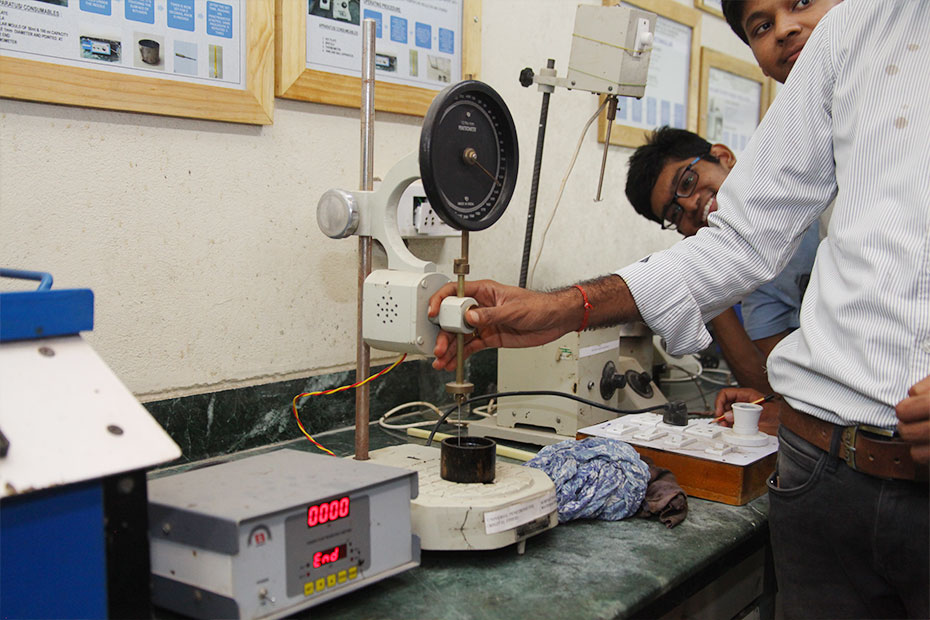
Bitumen Testing Laboratory
The laboratory for Bitumen Testing in civil department is well equipped with all the required instruments and equipment that are helpful for overall understanding and imparting practical knowledge to students. The Laboratory has all necessary equipment to perform tests on Bitumen such as Ductility, Flash and Fire point, Loss on heating, Penetration, Softening point, Specific gravity and Viscosity. The pedagogy of the course includes every measure which impacts practical knowledge in carrying out all the tests required for complete understanding of the subjects au UG level.
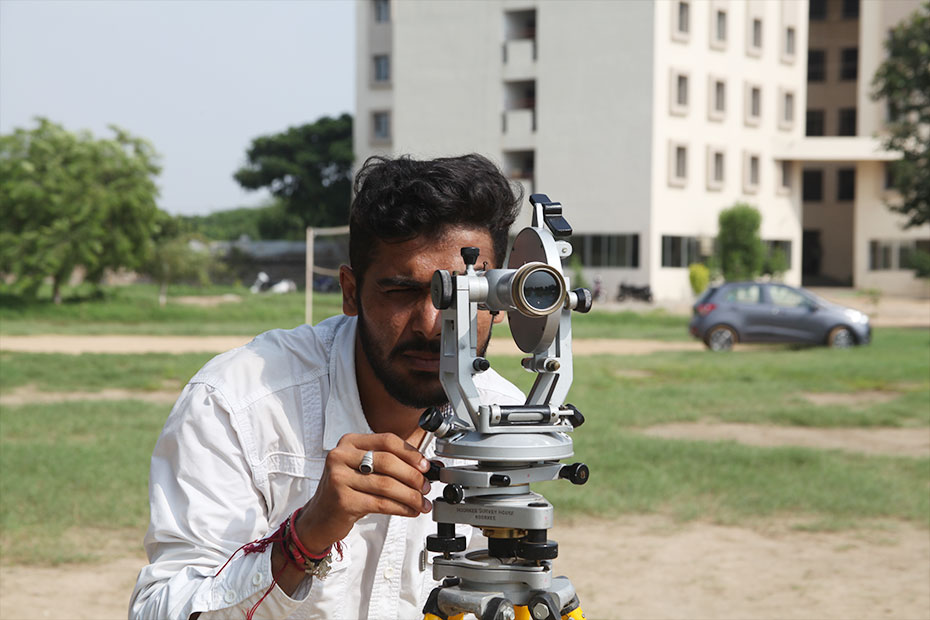
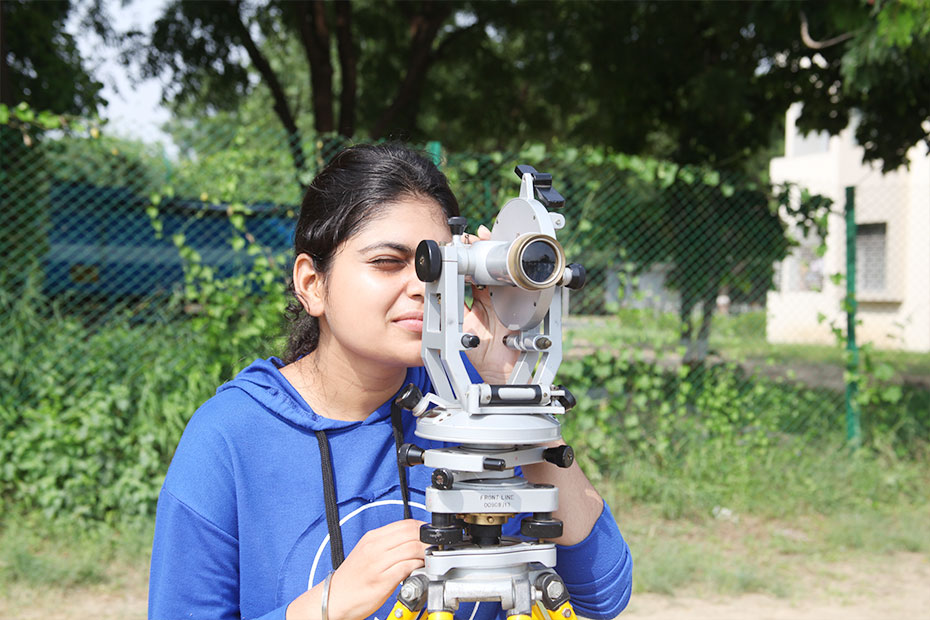
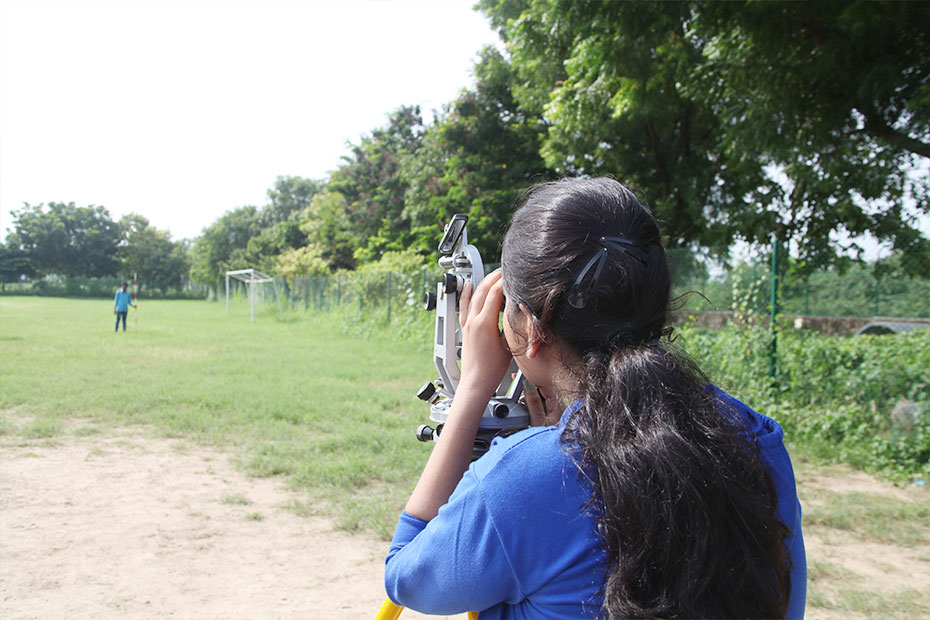
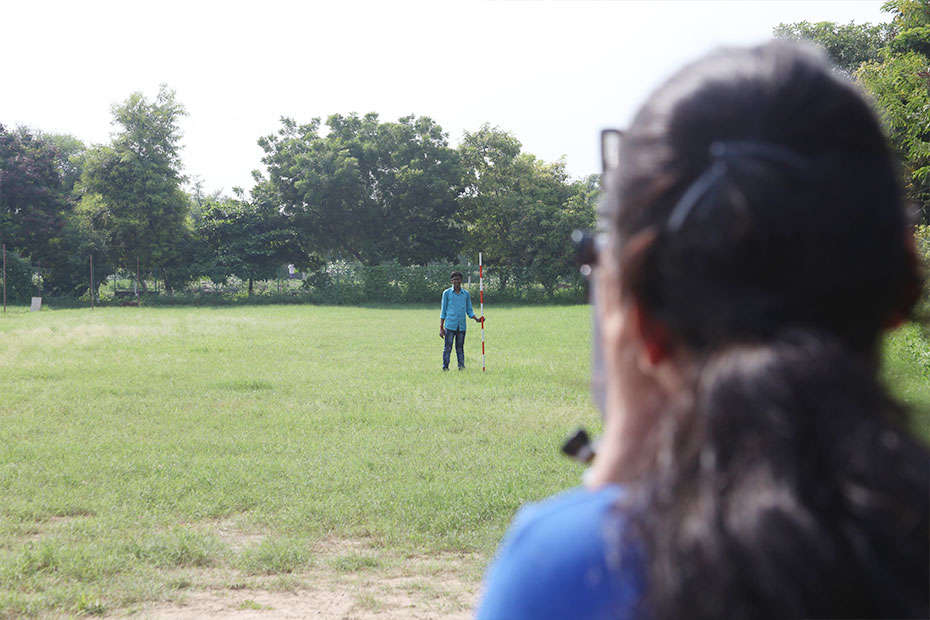
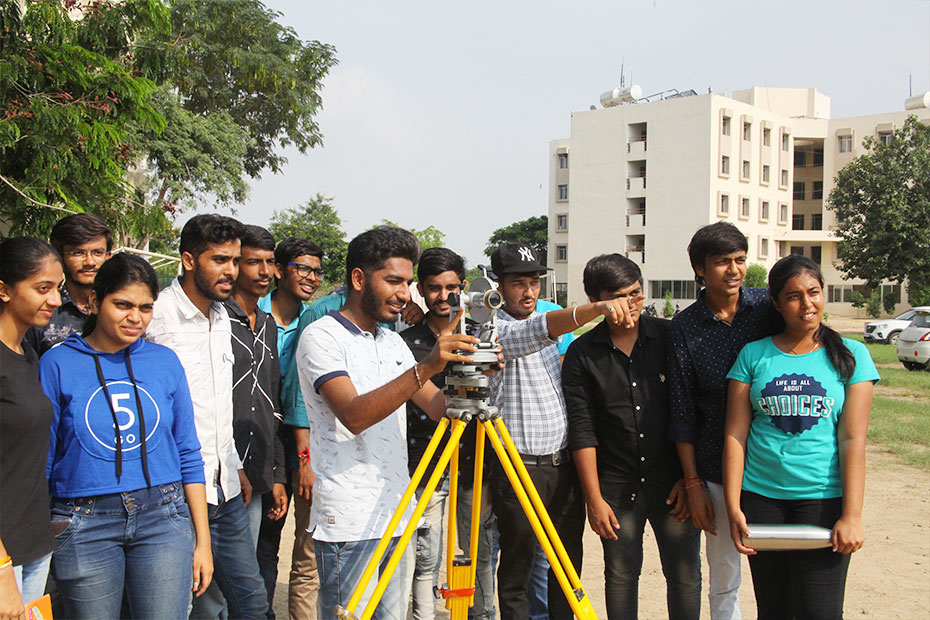
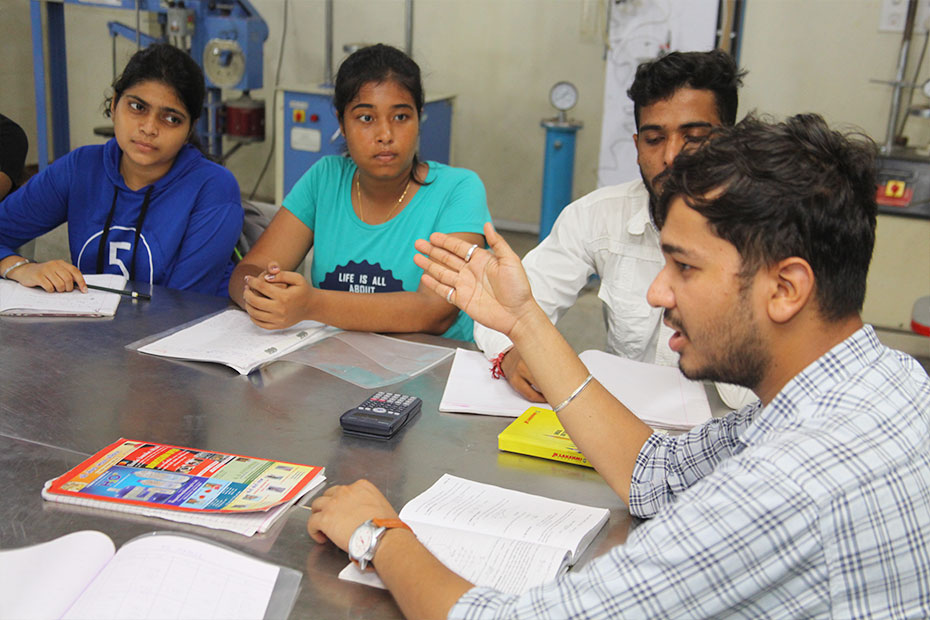
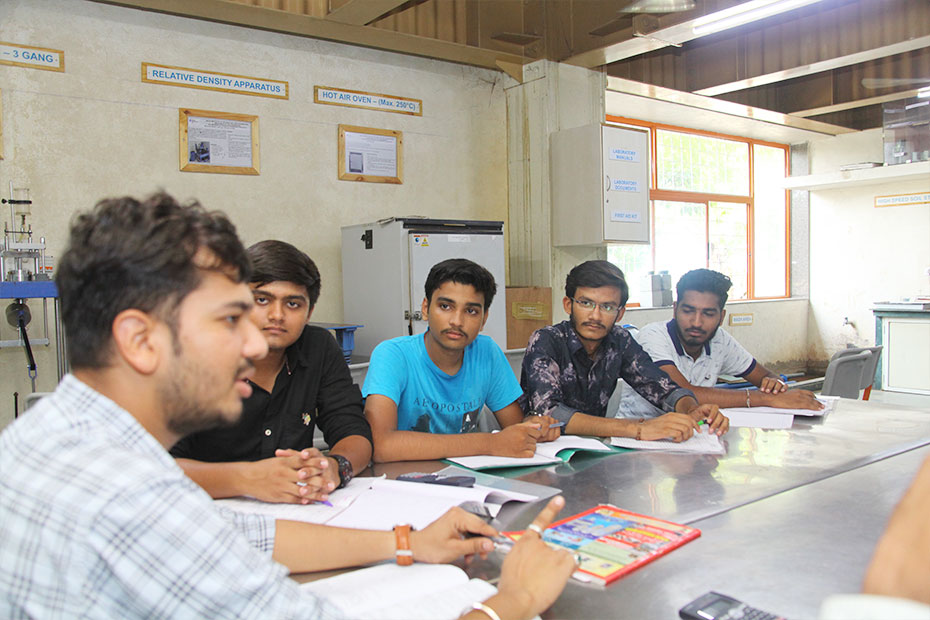
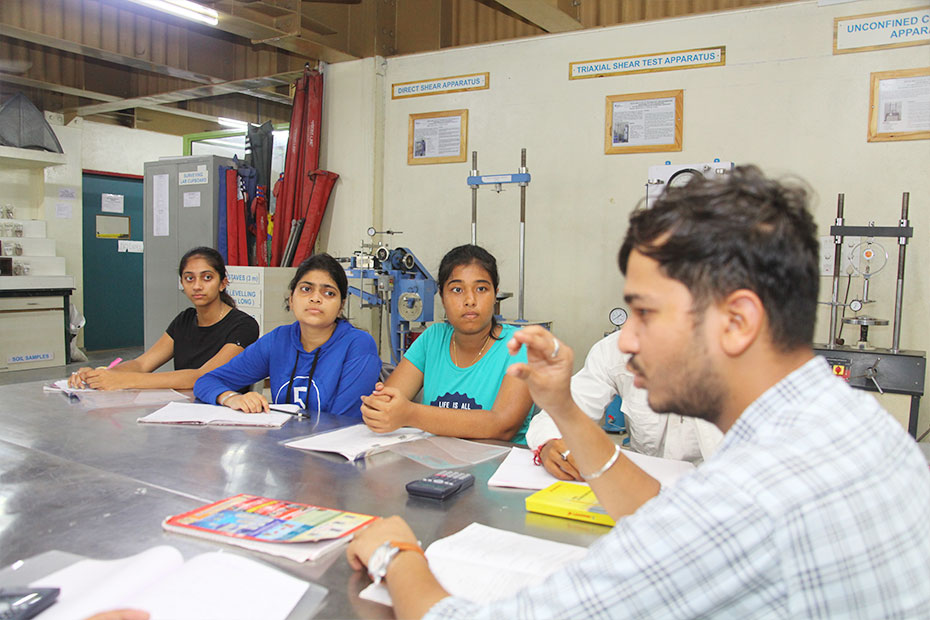
Surveying Laboratory
The Surveying Laboratory is equipped with the instruments and tools that students use throughout the surveying course. Students learn techniques for gathering field data with both traditional and modern instruments and demonstrate their proficiency on weekly lab exercises and a comprehensive semester project and final exam. Each lab group – typically three students – has a dedicated set of instruments to use, including auto level, theodolite, and total station. Each group also has level rods, tripods, tape measures, chaining pins, and other common surveying tools and ancillary equipment. This lab serves as an excellent space for the students have direct access to help for topics discussed in lecture and lab.
Material Testing Laboratory
The testing and inspection of Construction Materials is vital for quality construction. Material Testing Laboratory allows students to evaluate various properties of construction materials such as fresh and hardened concrete, Cement, Aggregates, Bricks, AAC Blocks etc. The lab is equipped with High end equipment such as Structural Test Loading Frame, Data Logger, LDT’s, Compression Testing Machine etc. which permit student research at UG as well as PG Levels.
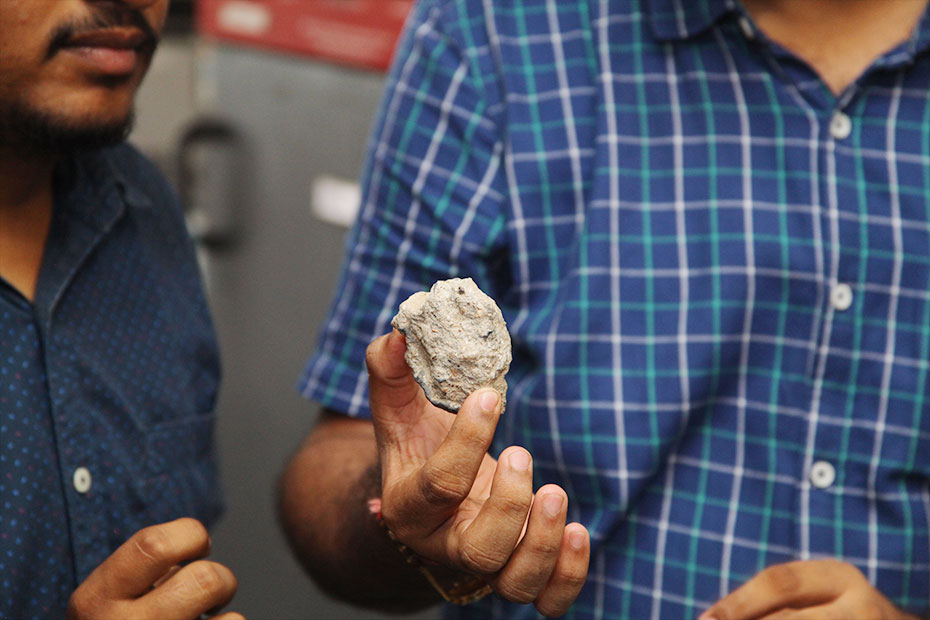
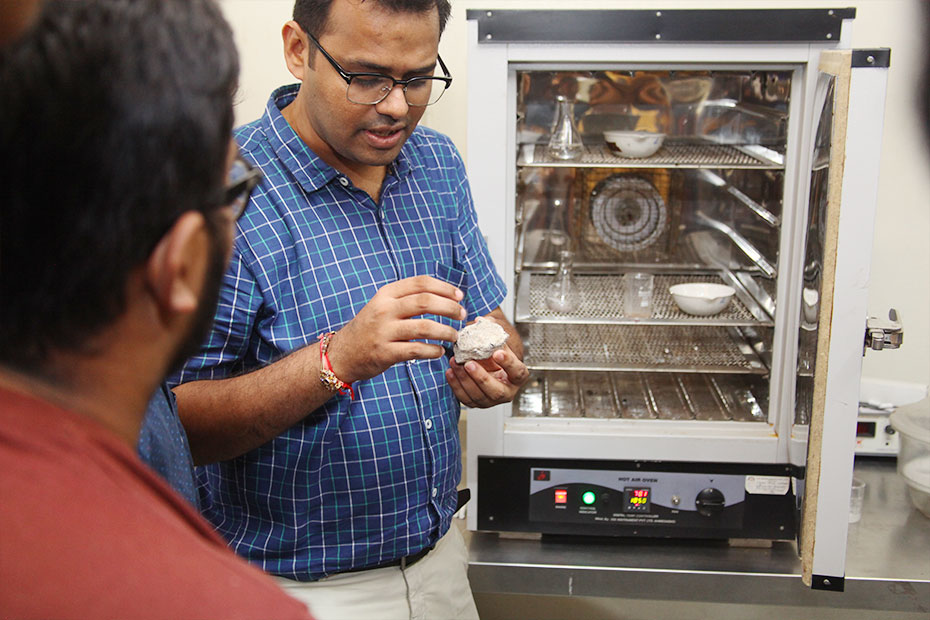
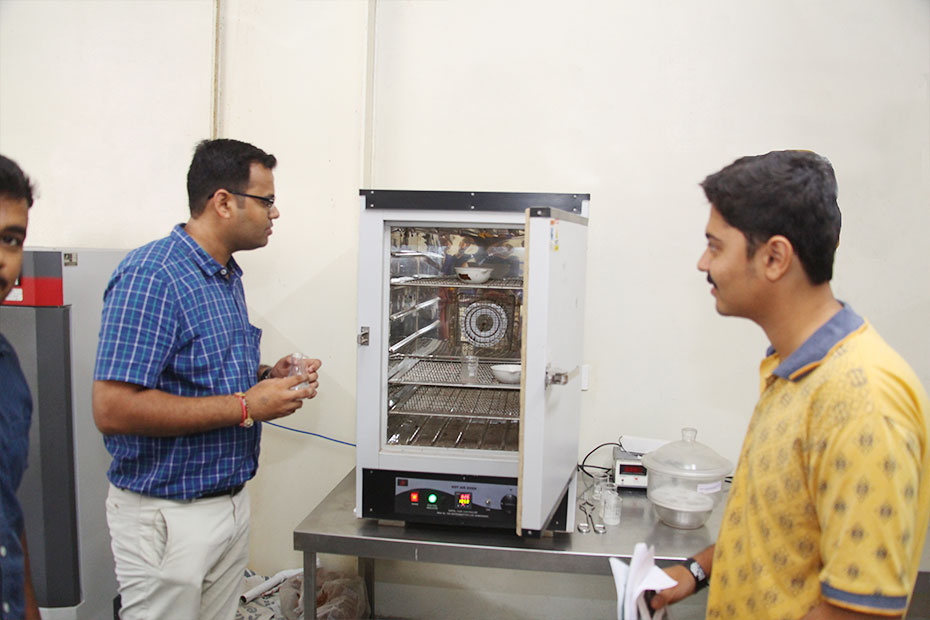
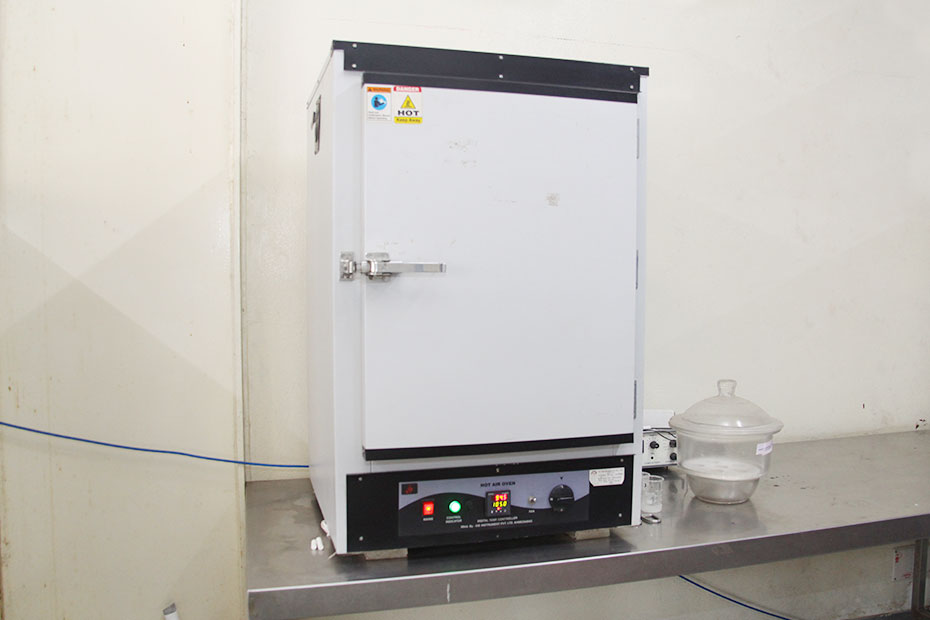
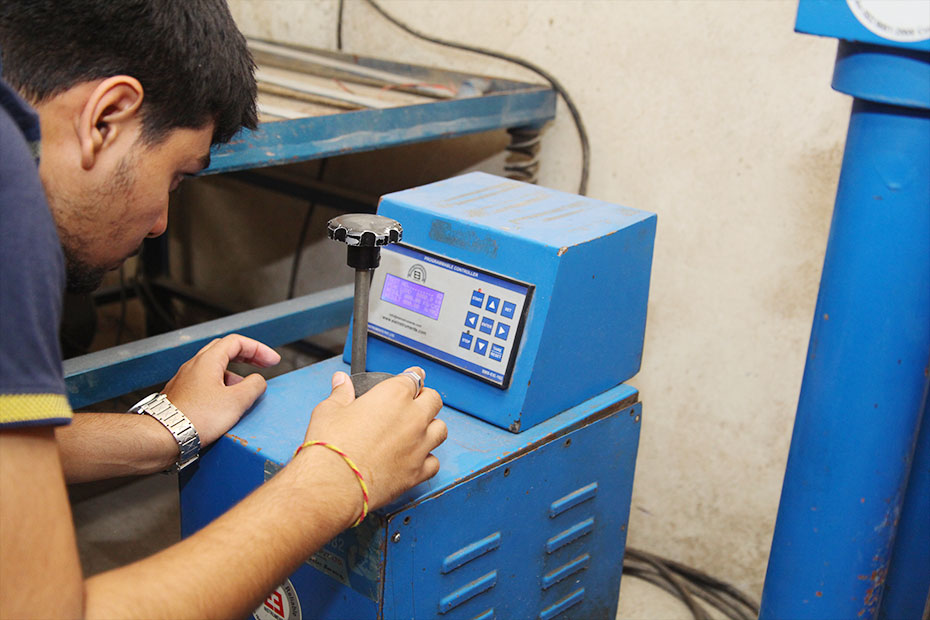
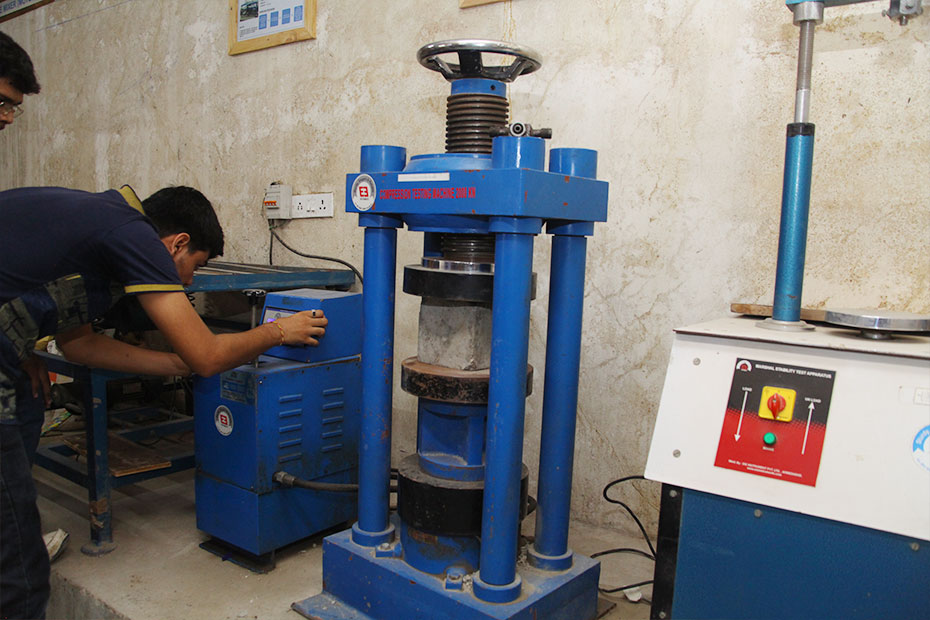
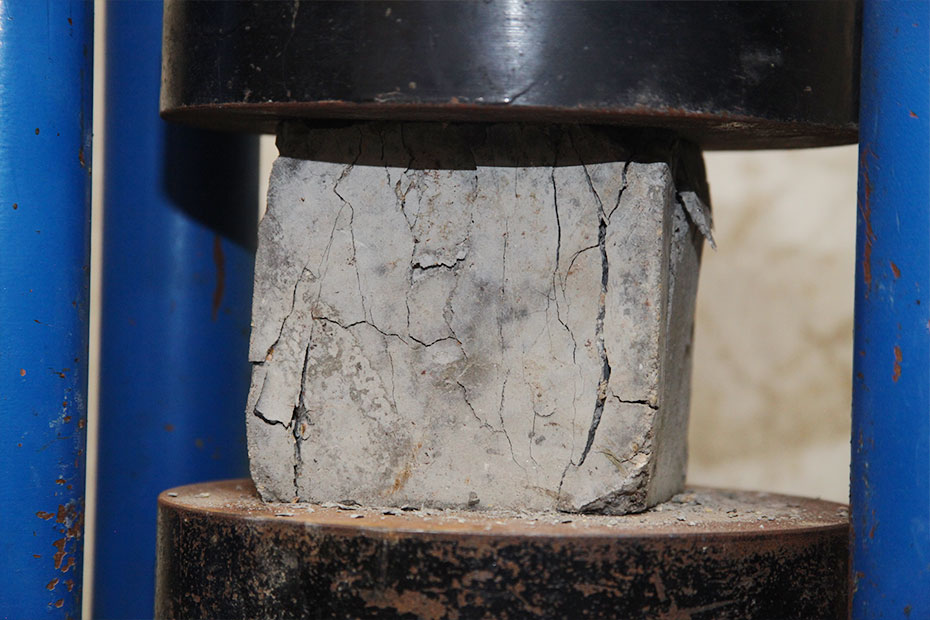
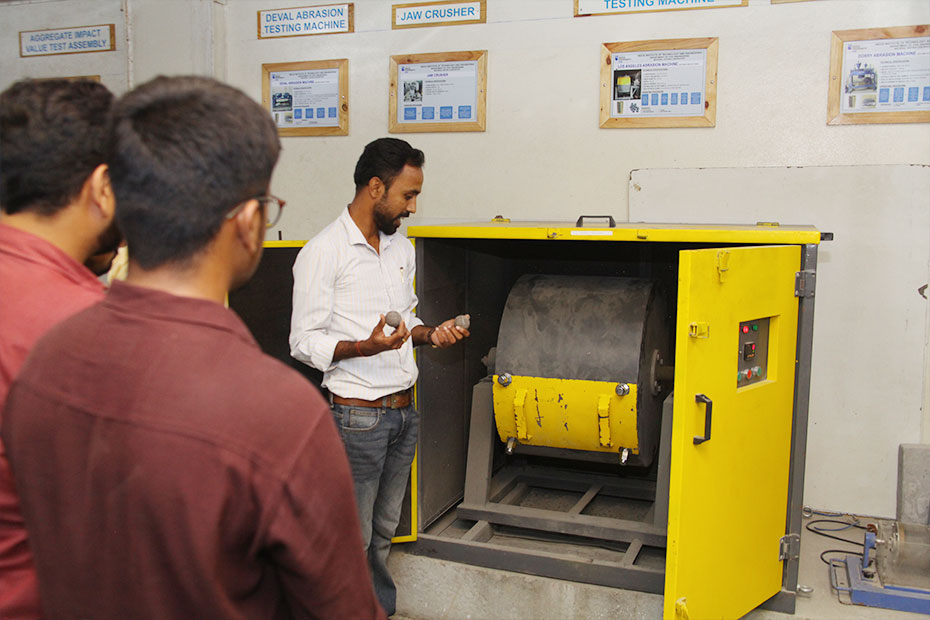
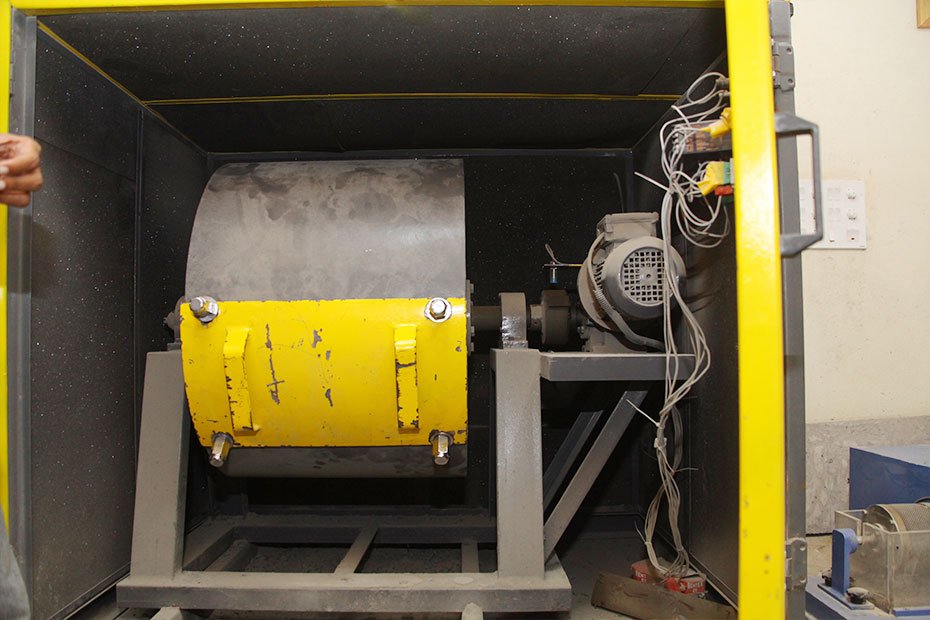
Environmental Engineering Laboratory
The laboratory is designed specifically for environmental engineering research and laboratory instruction. The space is well equipped for physical, chemical and biological experimentation as well as engineering testing of processes on a pilot plant scale. In addition to a full range of research equipment used for environmental analysis of air and water, Several projects like health-based air quality index, , air pollution monitoring and control, drinking water supply, Waste water & Sewage treatment, heavy metal pollution, industrial waste treatment, biological processes, biosorption is been successfully carried out.
Also it helps in students understanding and recognizing the challenges for environmentally sustainable economic development.
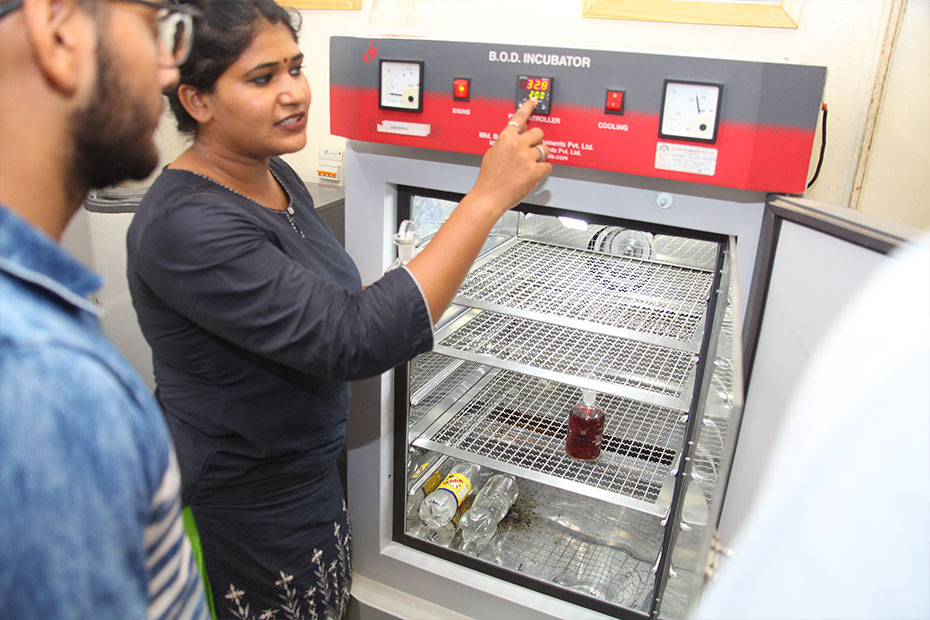
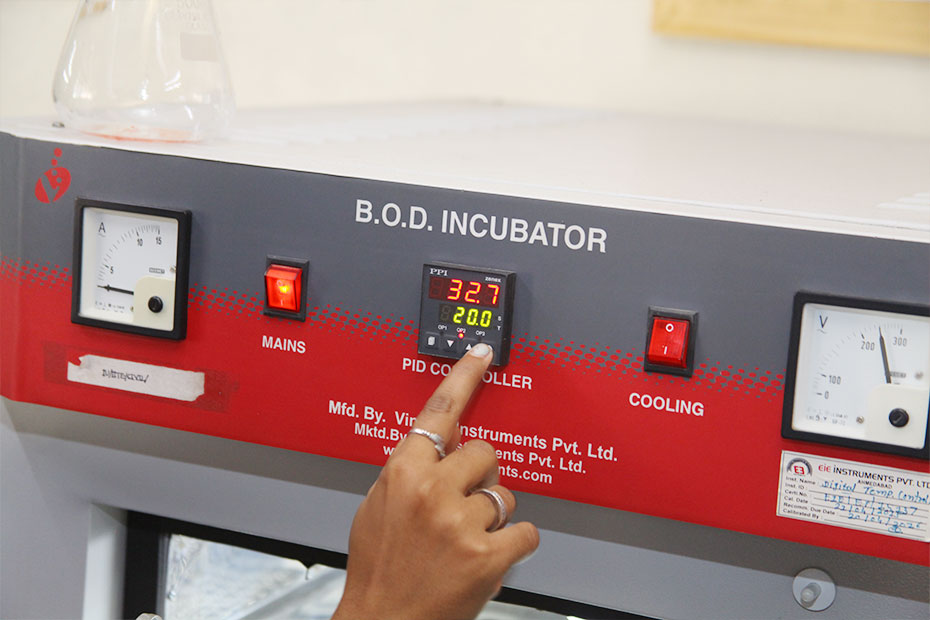
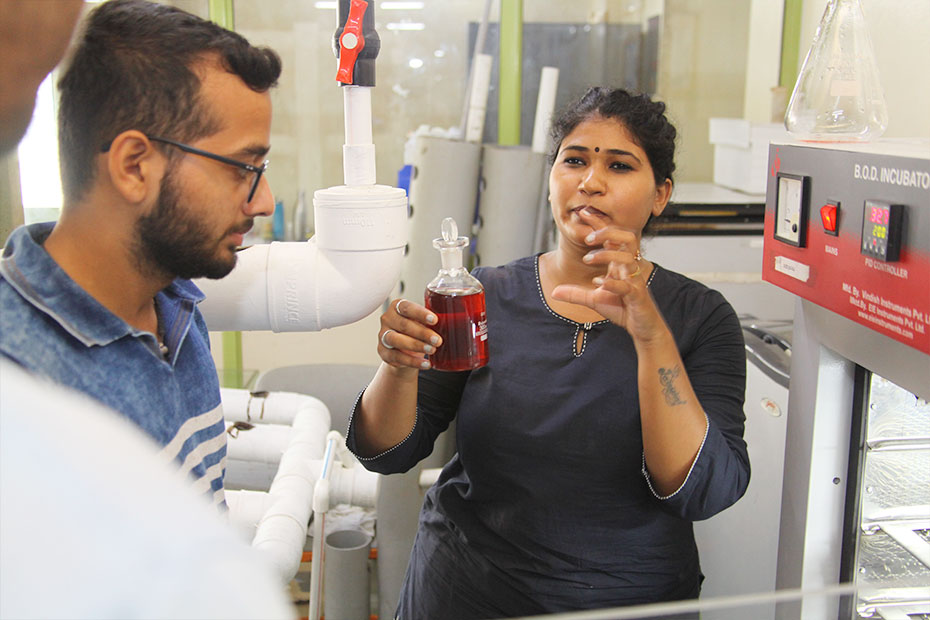
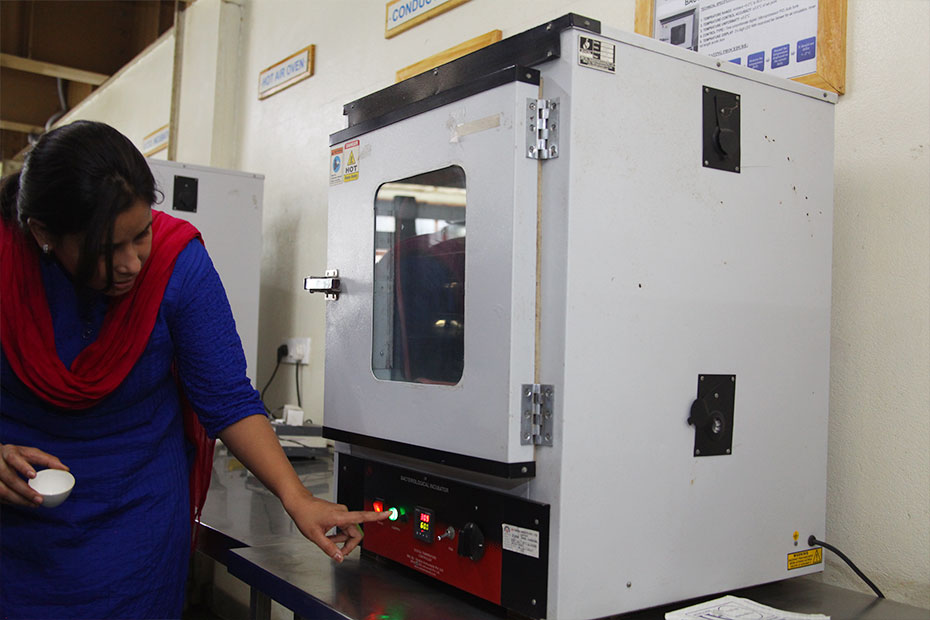
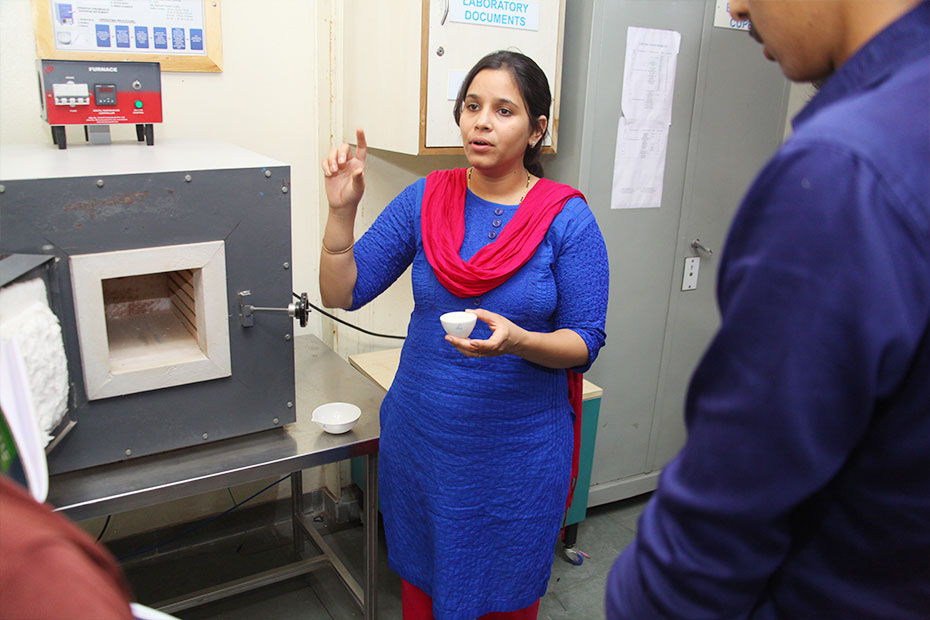
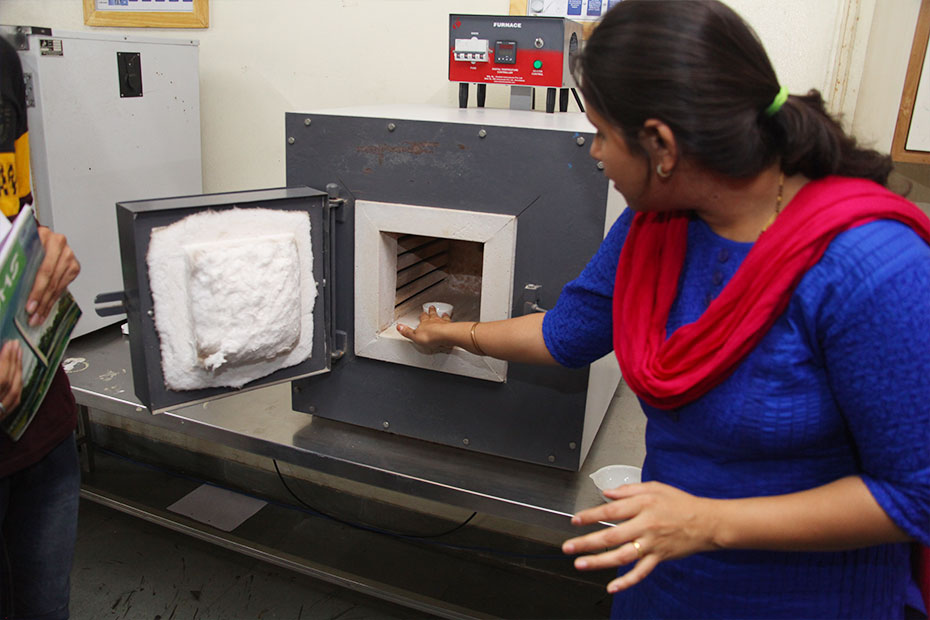
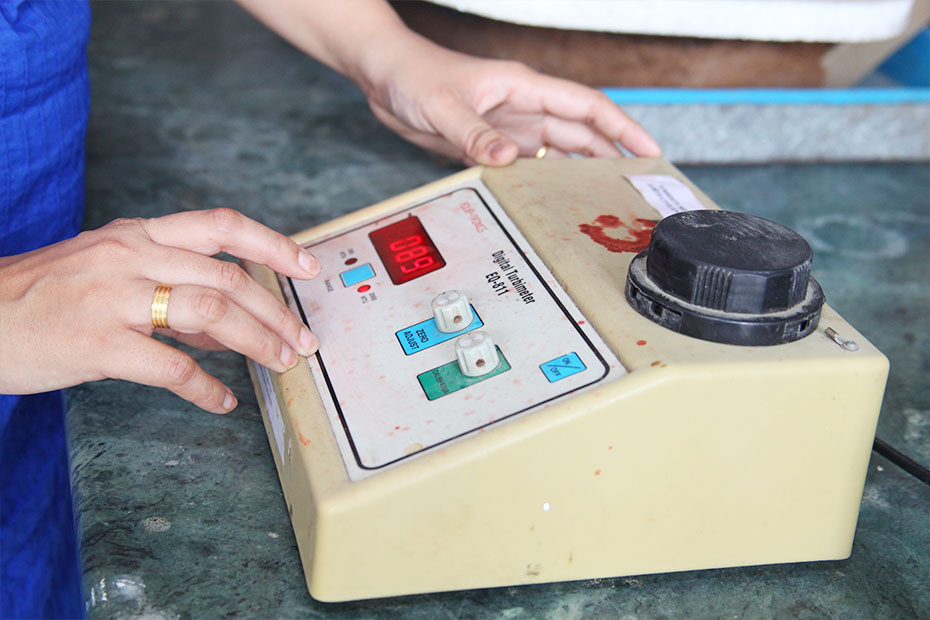
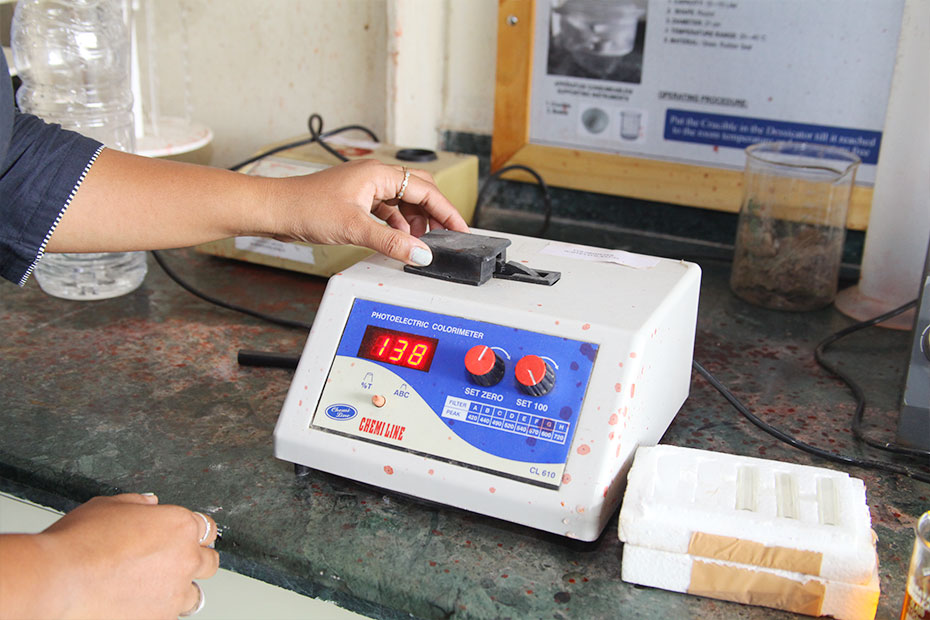
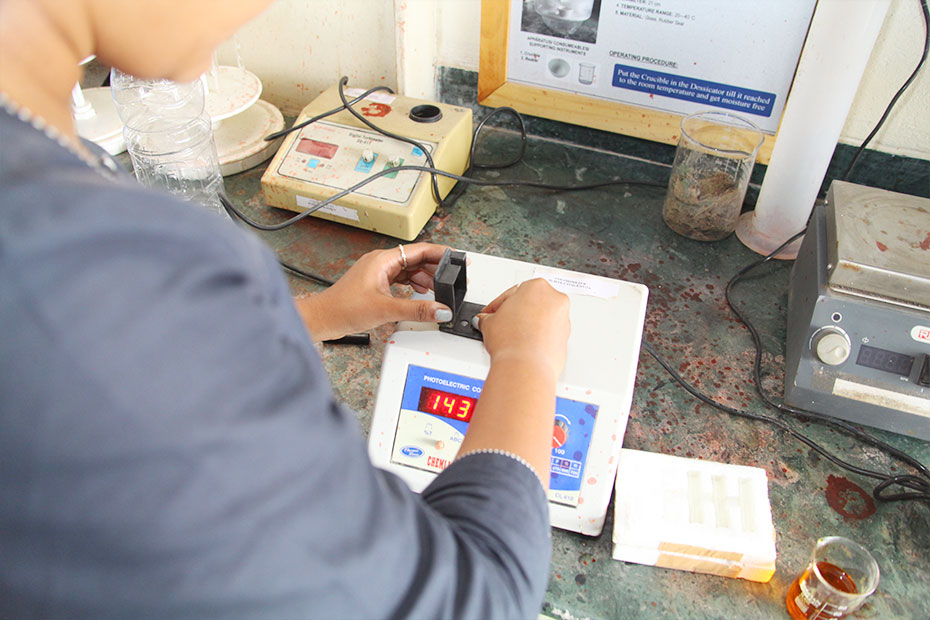
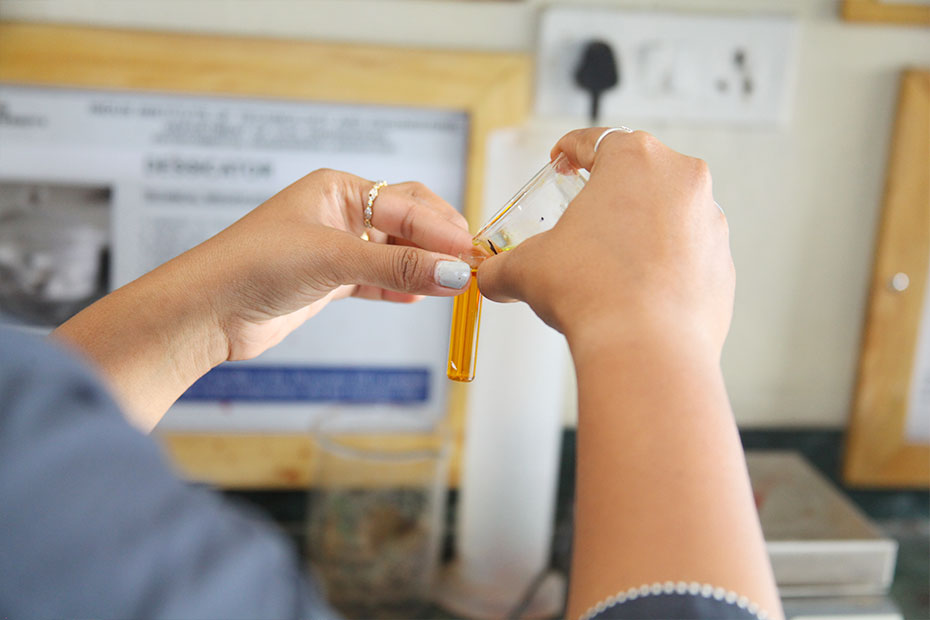
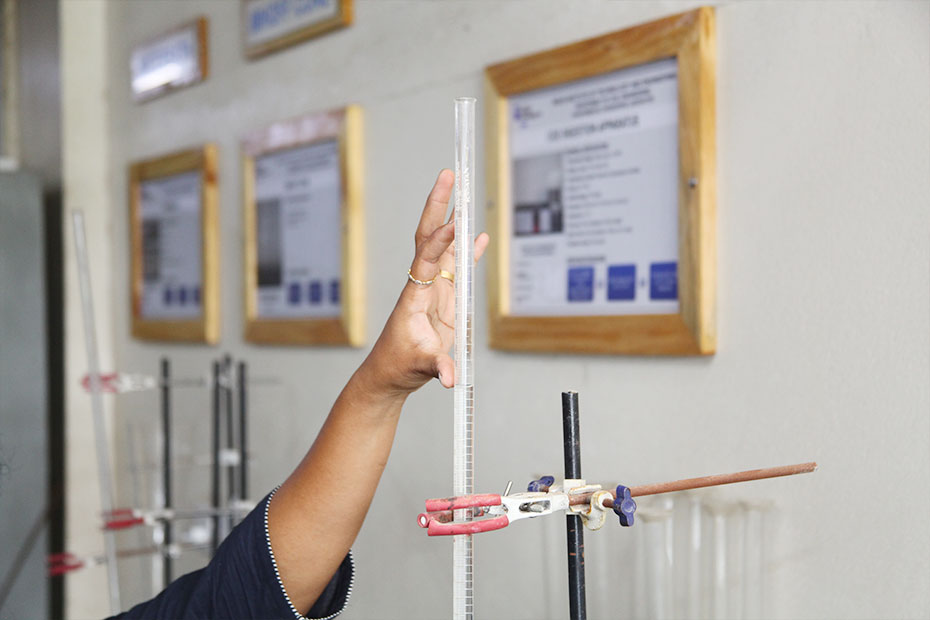
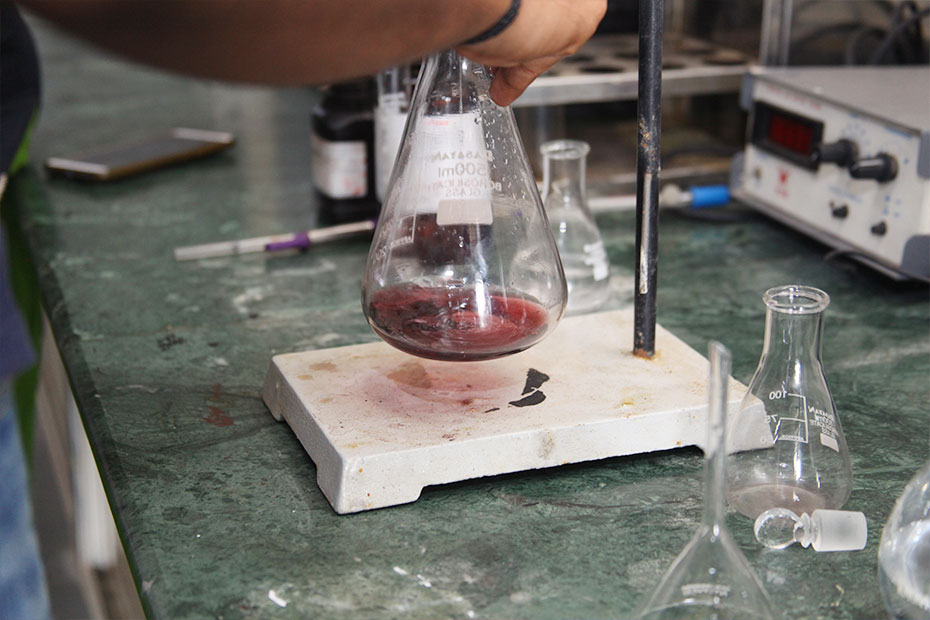
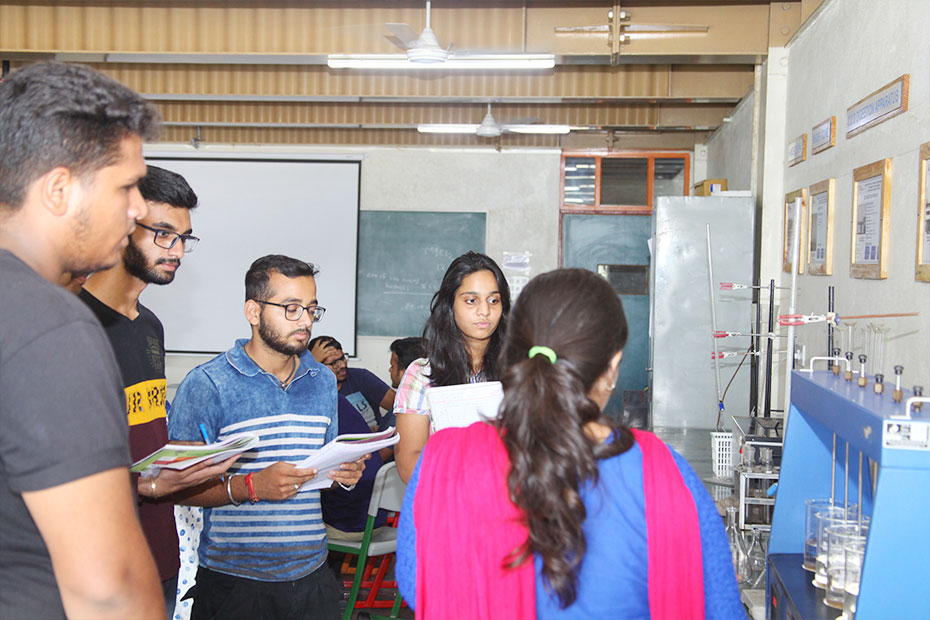
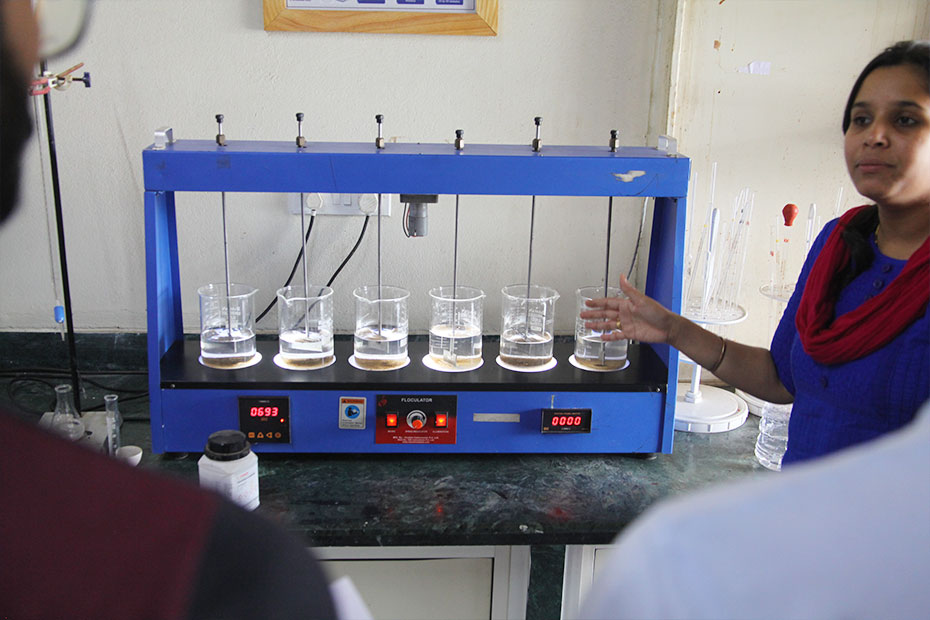
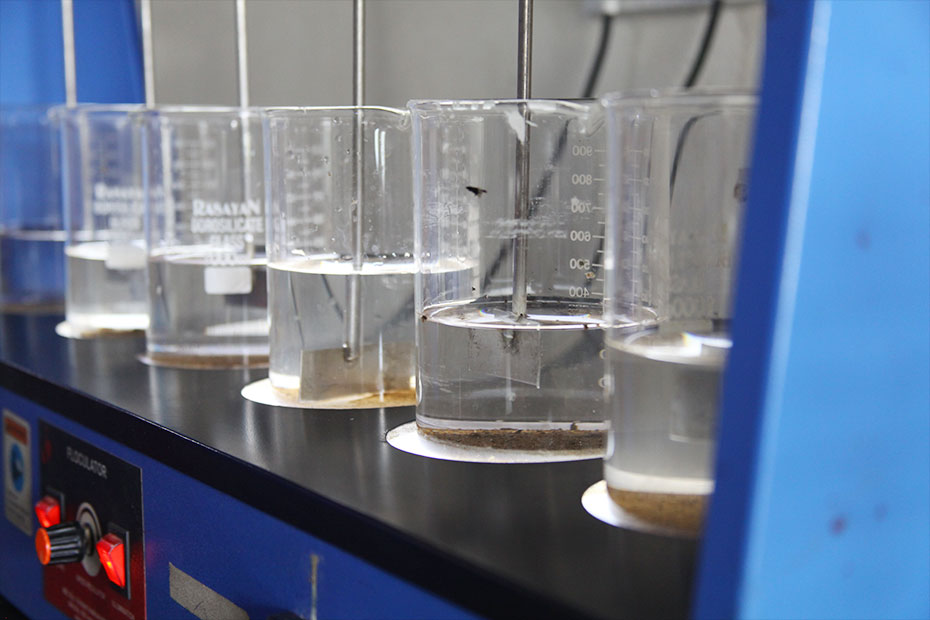
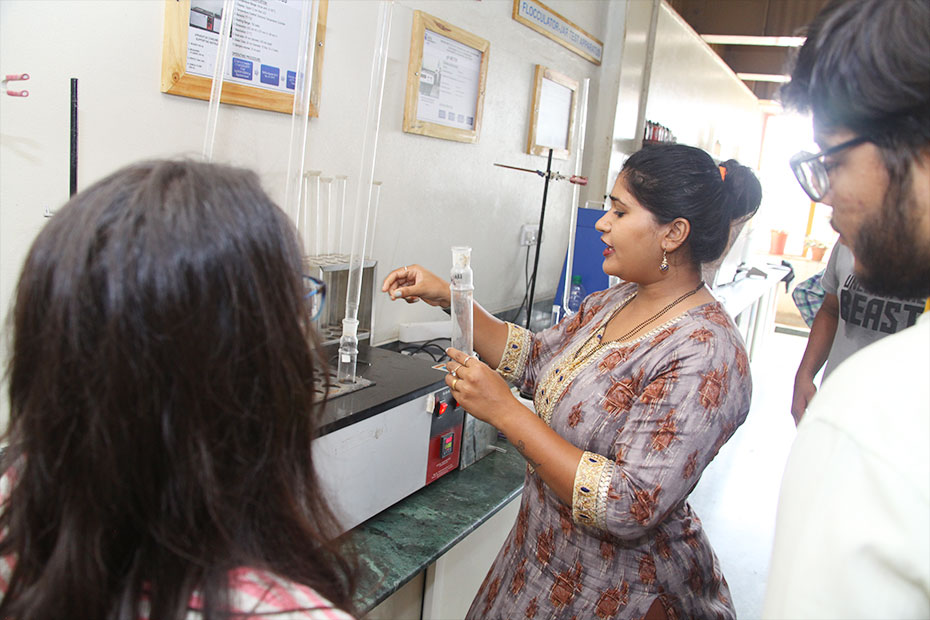
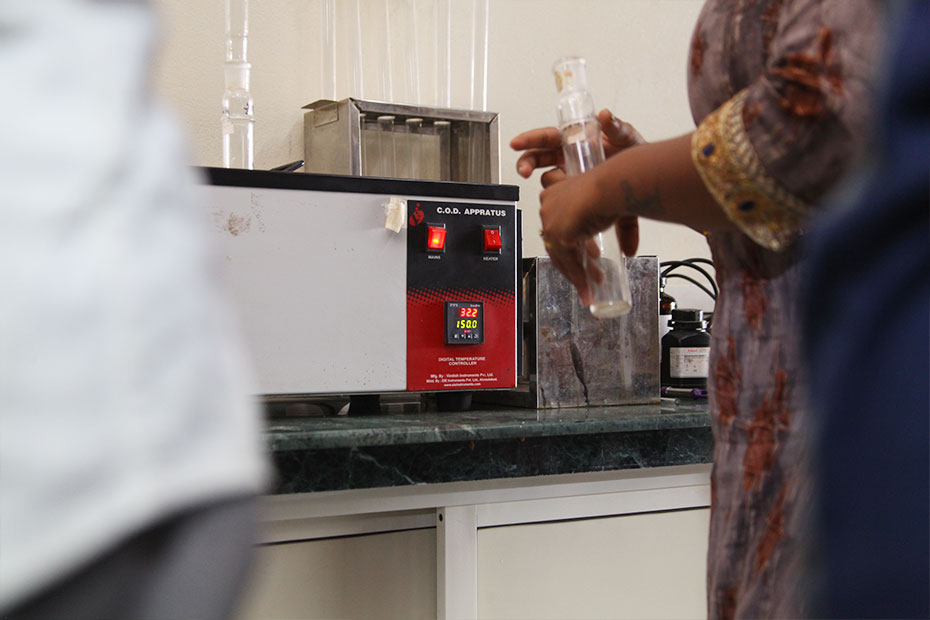
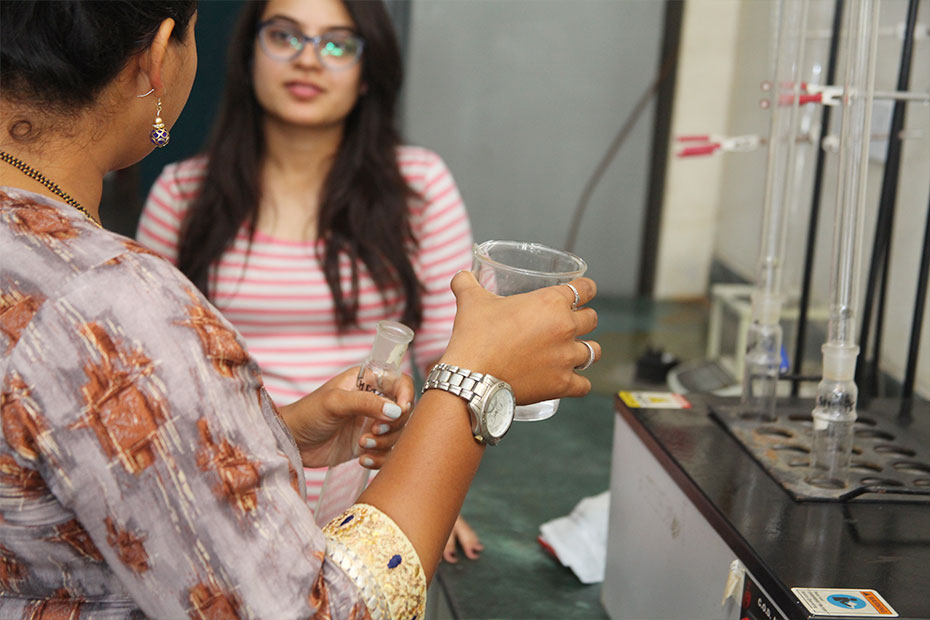
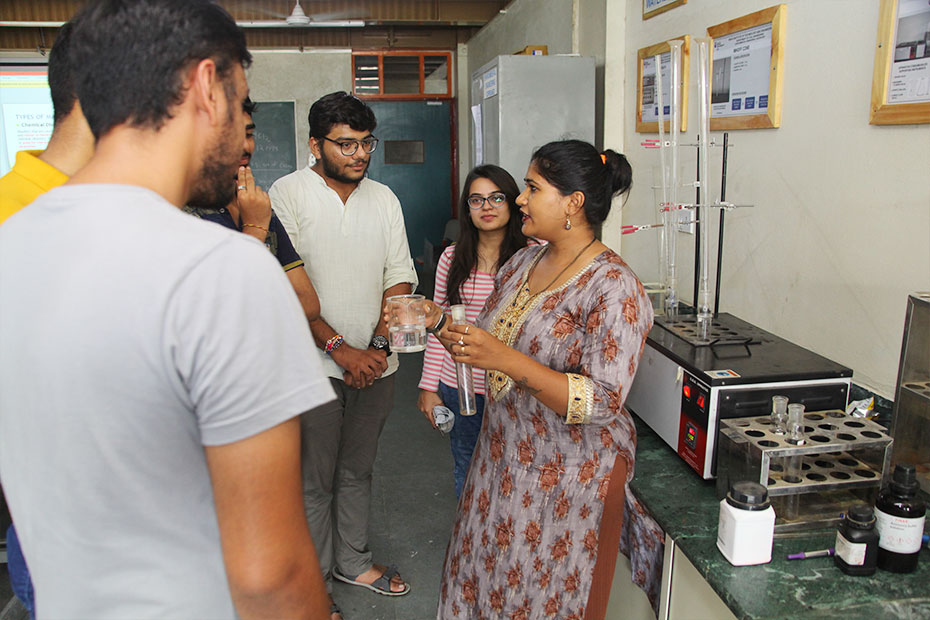
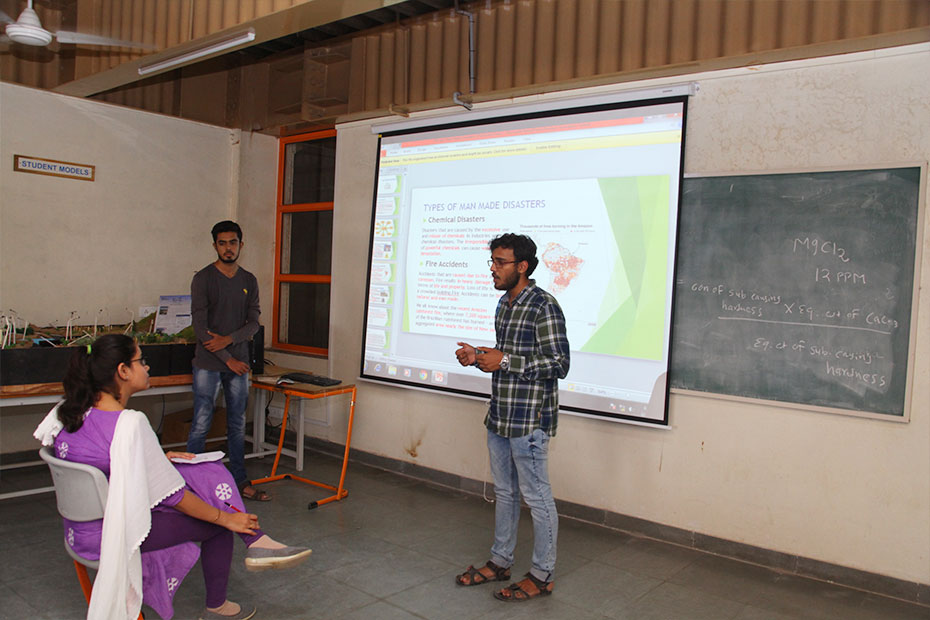
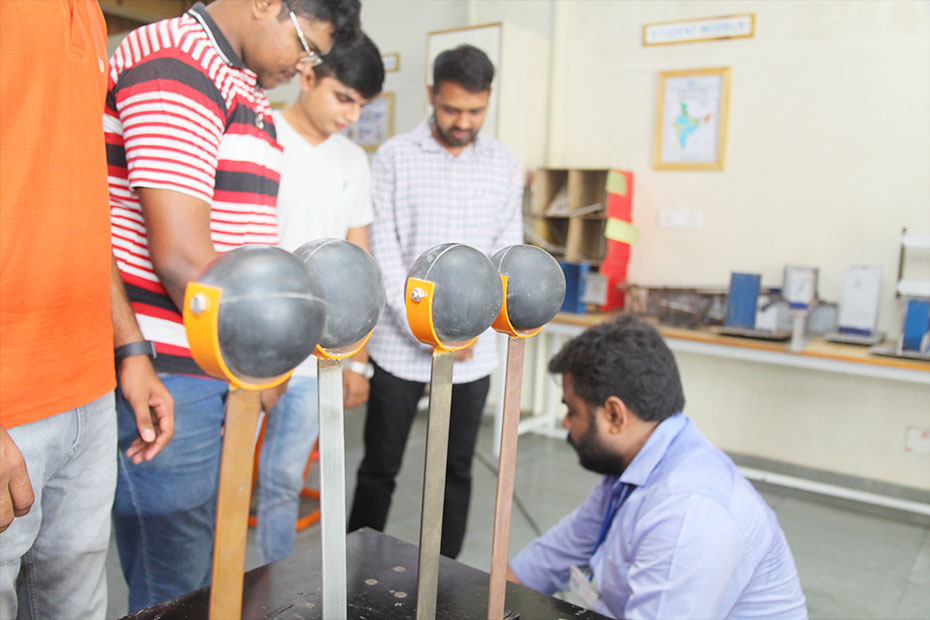
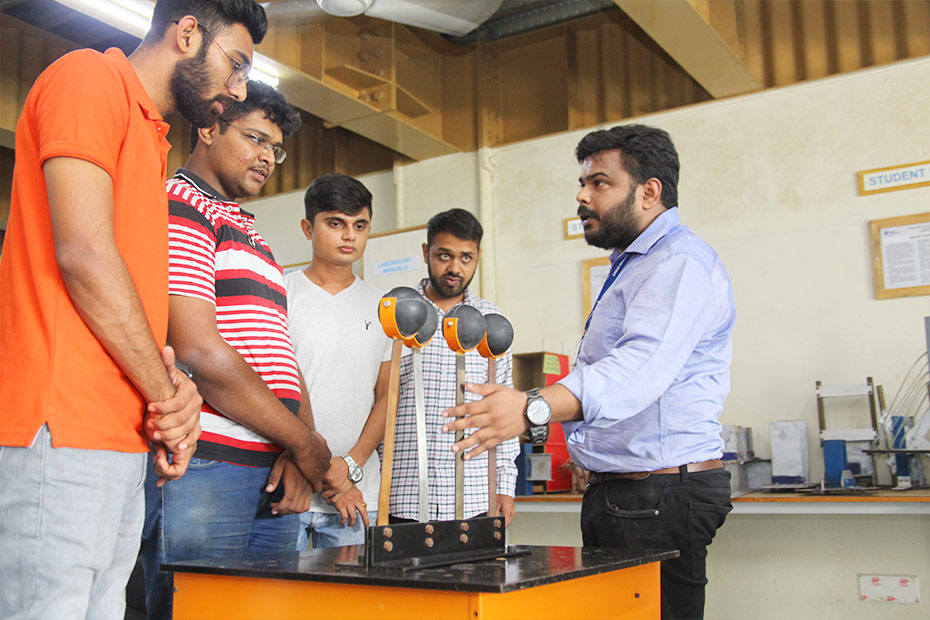
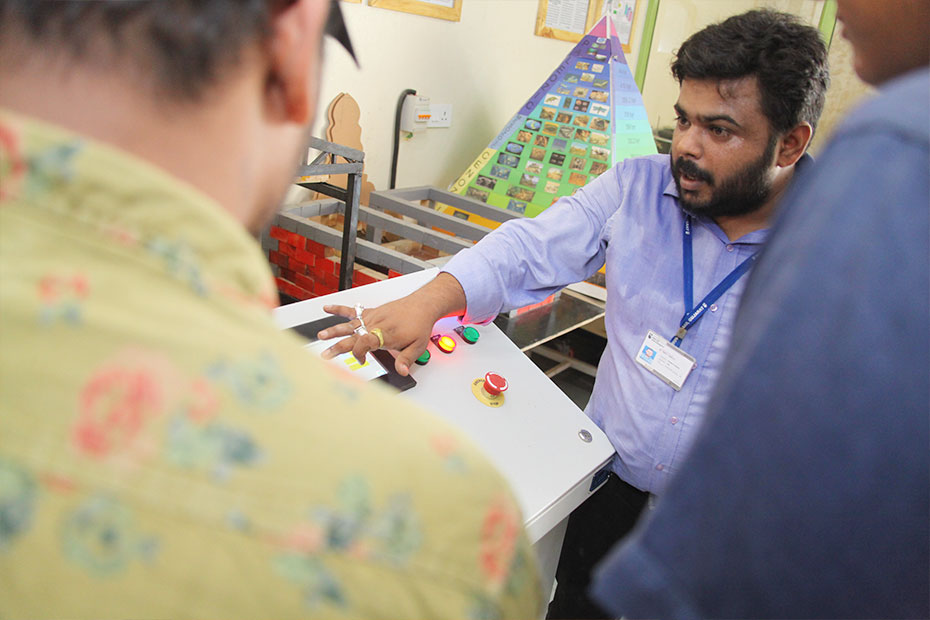
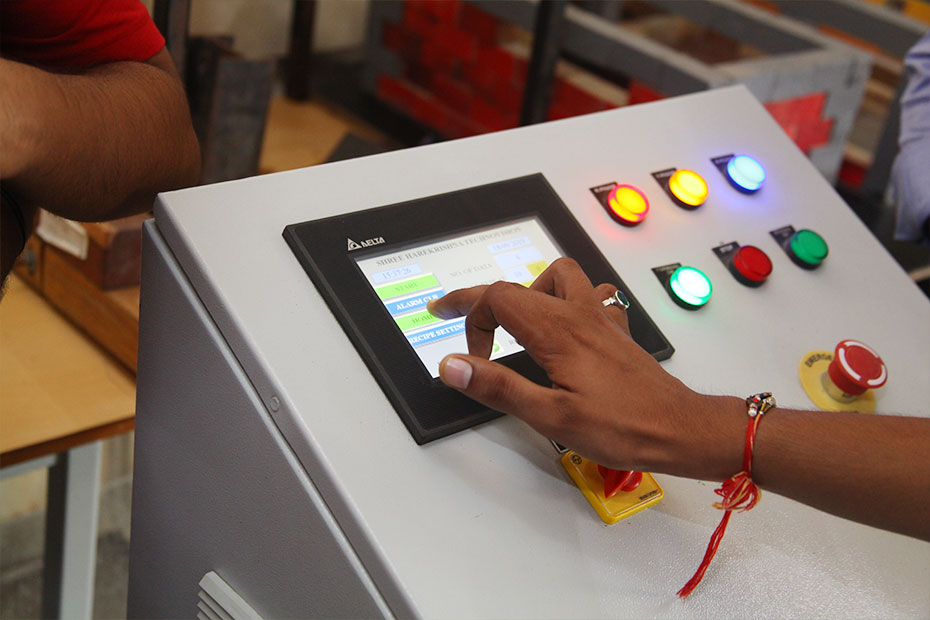
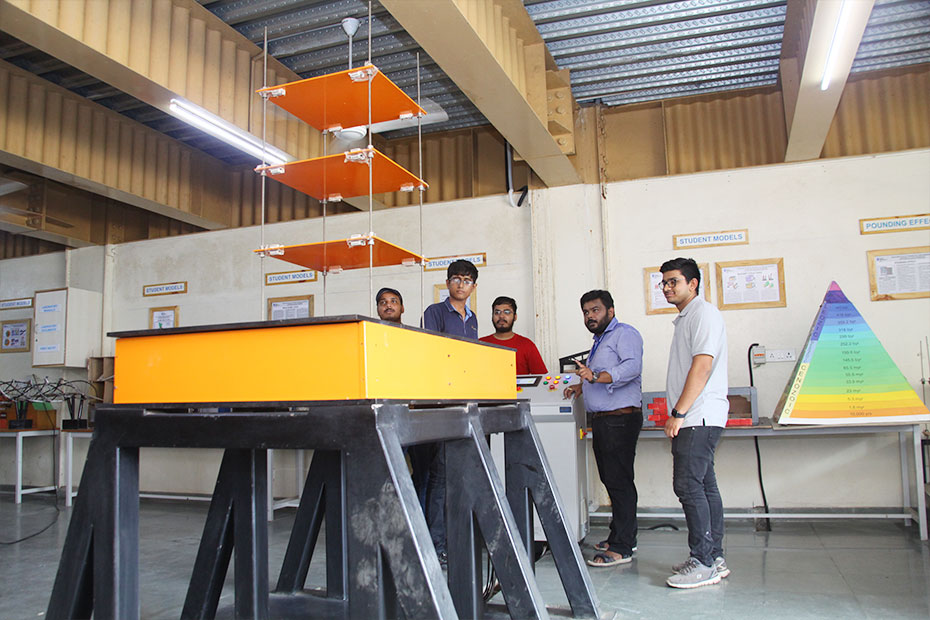
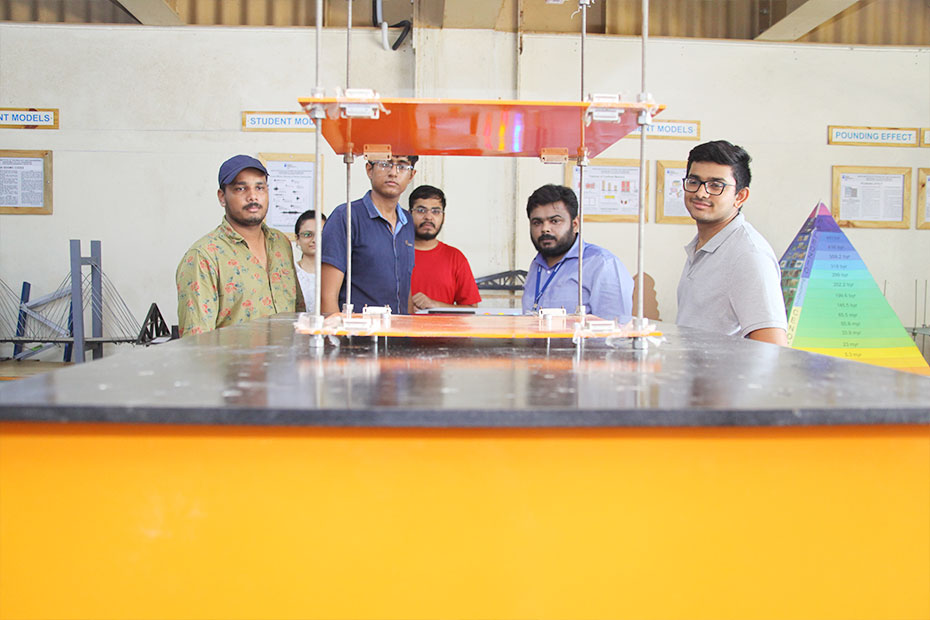
Earthquake Engineering Laboratory
Earthquake engineering is the scientific field concerned with protecting society, the natural and the man-made environment from earthquakes by limiting the seismic risk to socio-economically acceptable levels. Traditionally, it has been narrowly defined as the study of the behavior of structures and geo-structures subject to seismic loading, thus considered as a subset of both structural and geotechnical engineering. The main works carried out in this laboratory includes working out the potential consequences of strong earthquakes on urban areas and civil infrastructure.
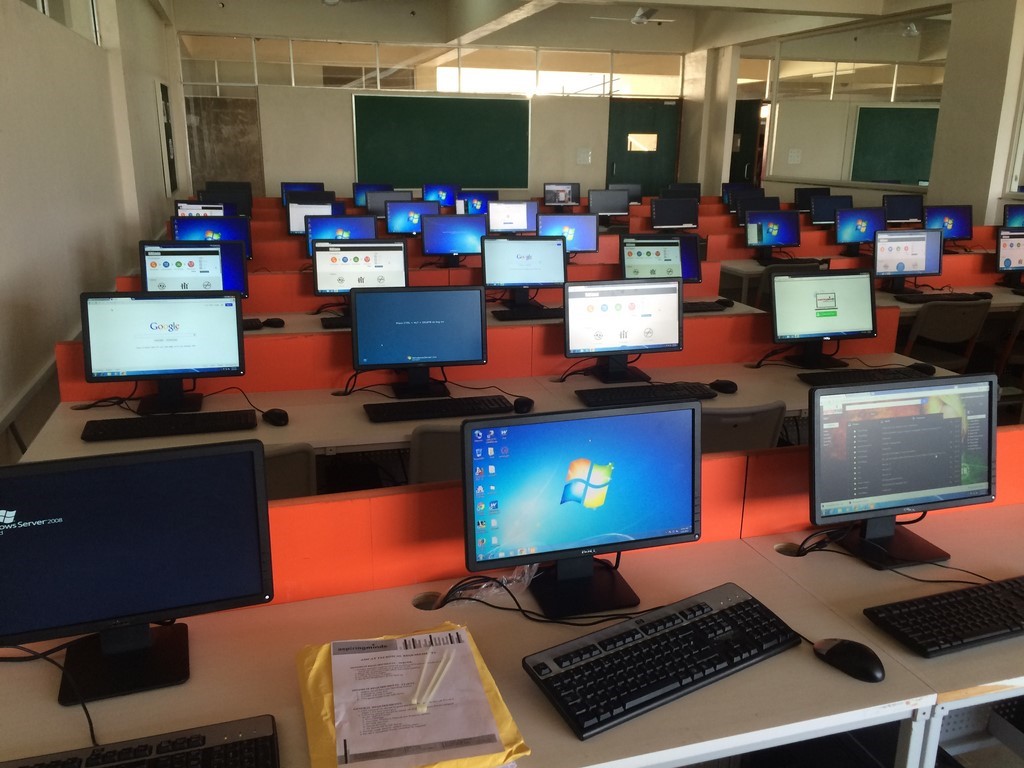
Computational Laboratory
Many of the actual problems in the engineering fields, like civil engineering, are generally the simultaneous combinations of multiple physical phenomena, which are called multi physics problems. To deal with such problems the department is equipped with a computational laboratory that has a total capacity of around 60 seats and systems updated with software such as AutoCAD, Staad Pro V8i, Revit, MS Projects, Primavera.
Get in touch
For Admission Contact
Engineering +91 9909963221
Management +91 9924202777
Architecture +91 9909963221
Design +91 7622007501 / +91 8511132234
Science & Liberal Studies +91 9825865103
Computer Application +91 7622007507
Aviation +91 7227 037781
Quick Links
Contact Us
Indus University
Rancharda, Via: Shilaj,
Ahmedabad – 382 115.
Gujarat, INDIA.
Telephone: +91 2764 260277 / 78 / 79
Mobile : +91 9909963221 +918511132237
E-mail: info@indusuni.ac.in

